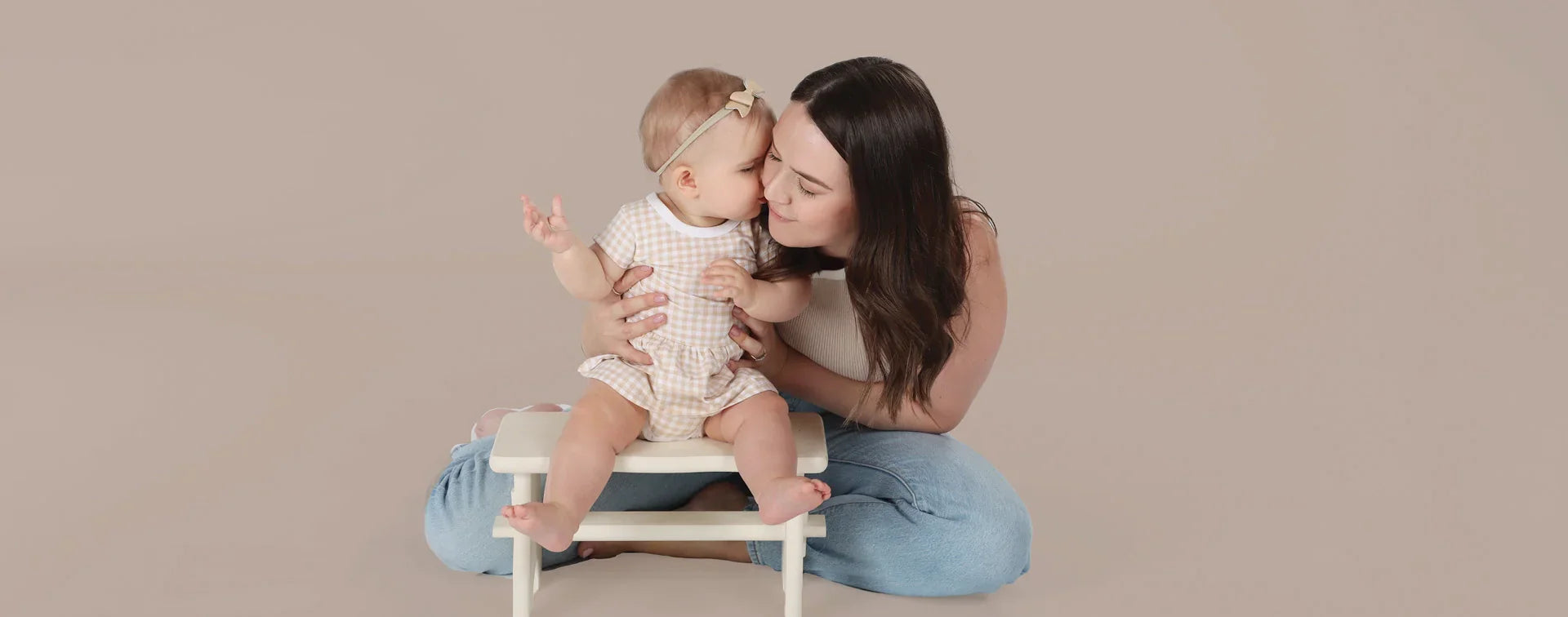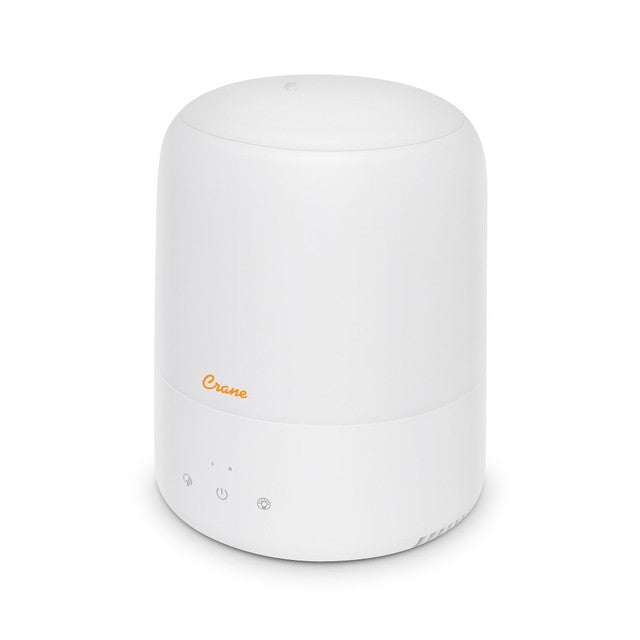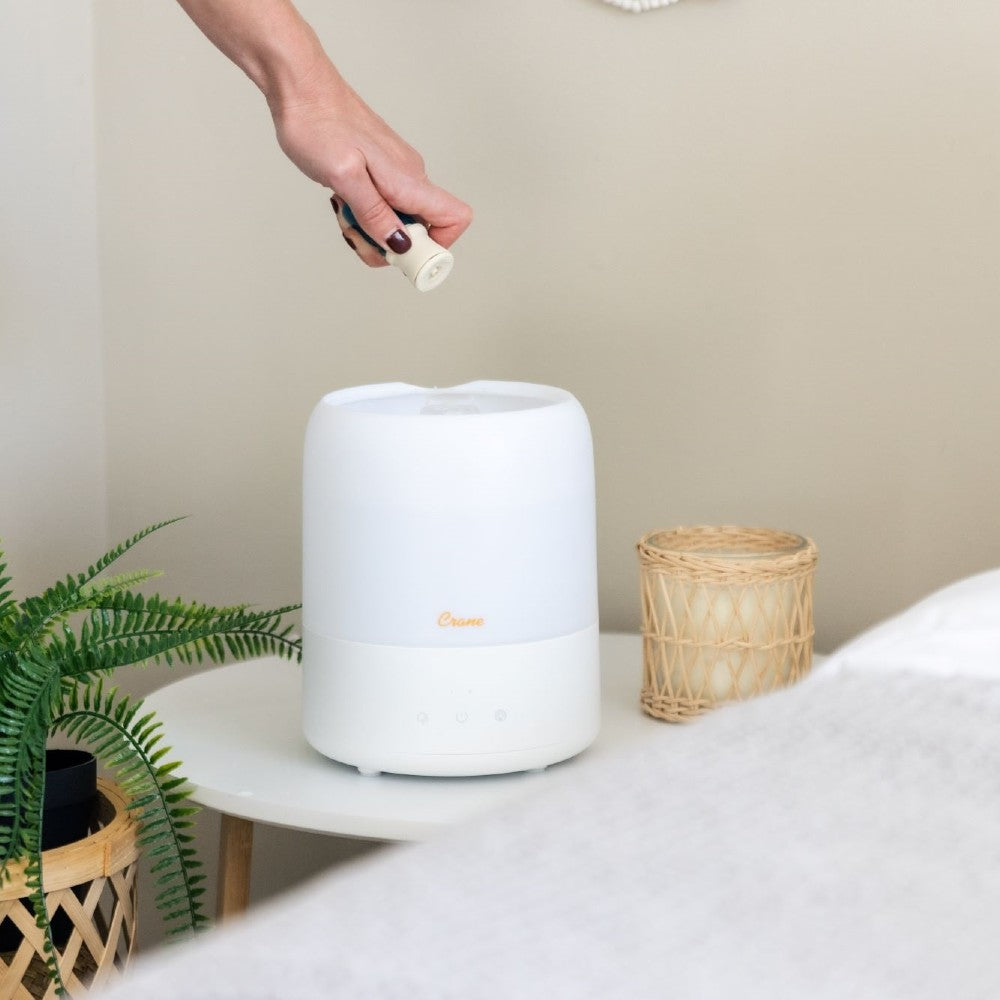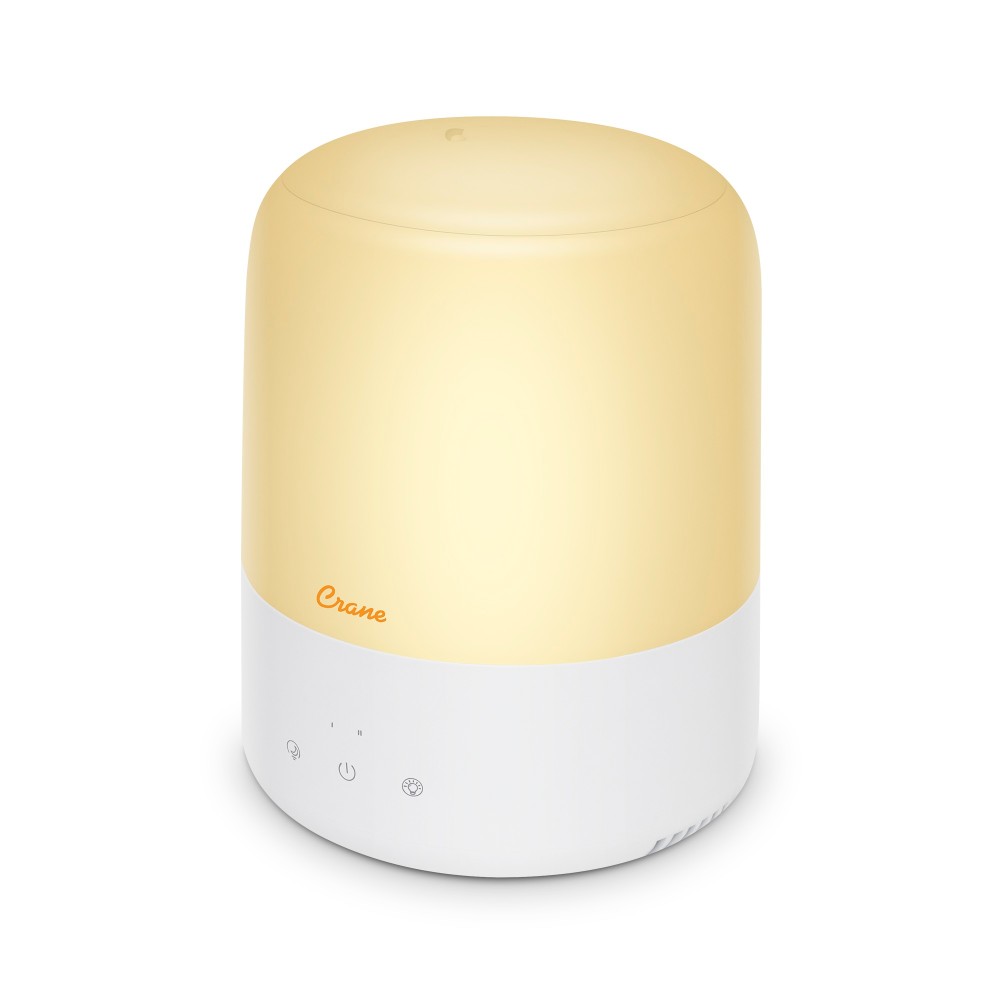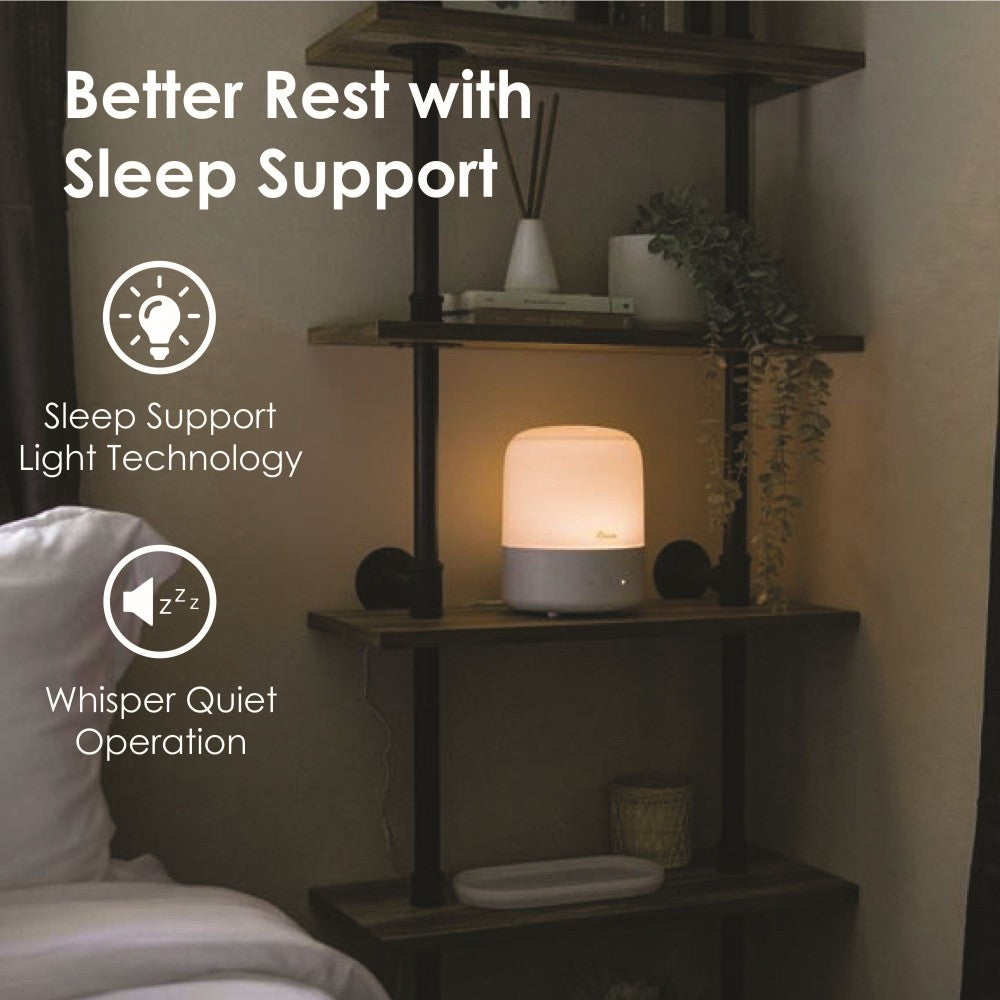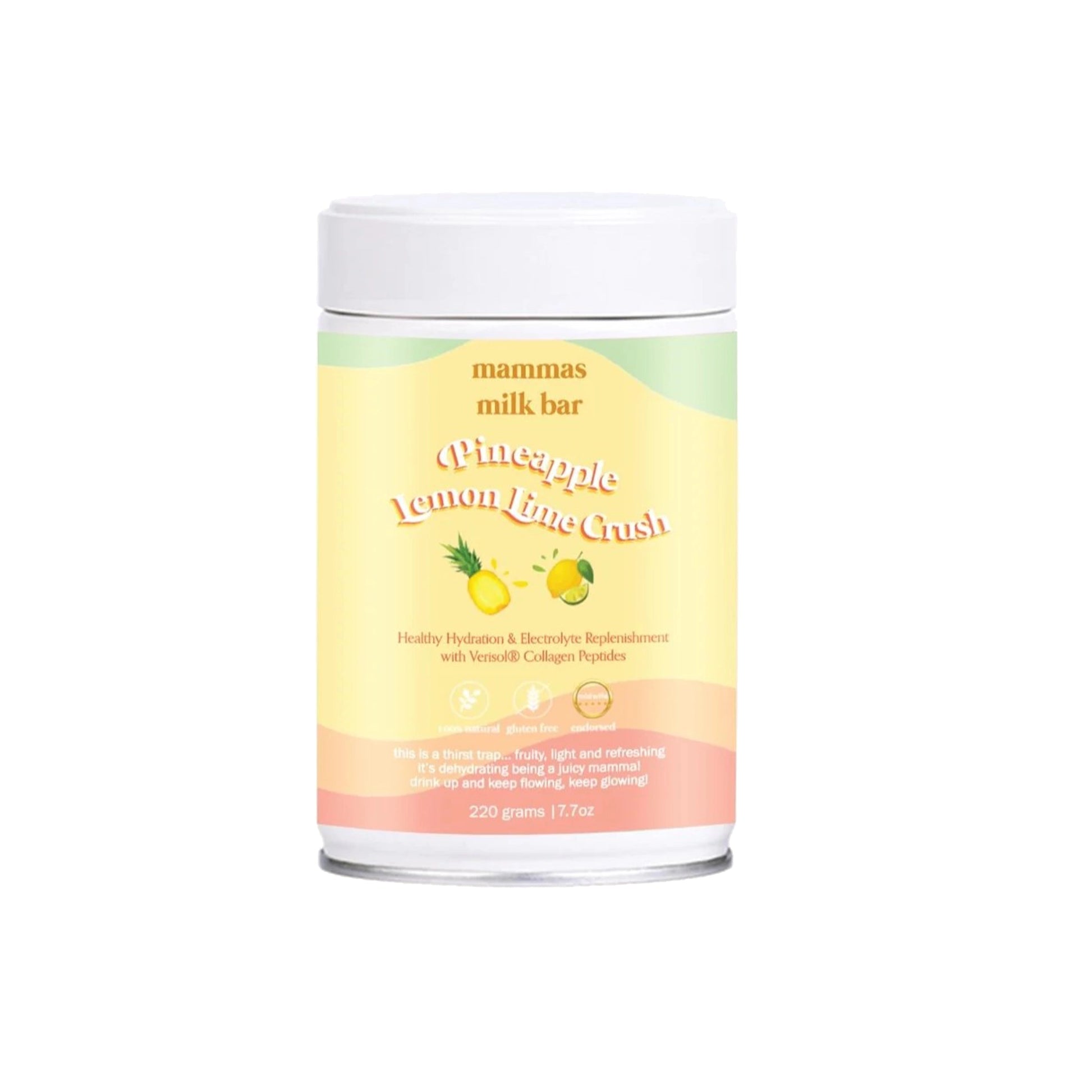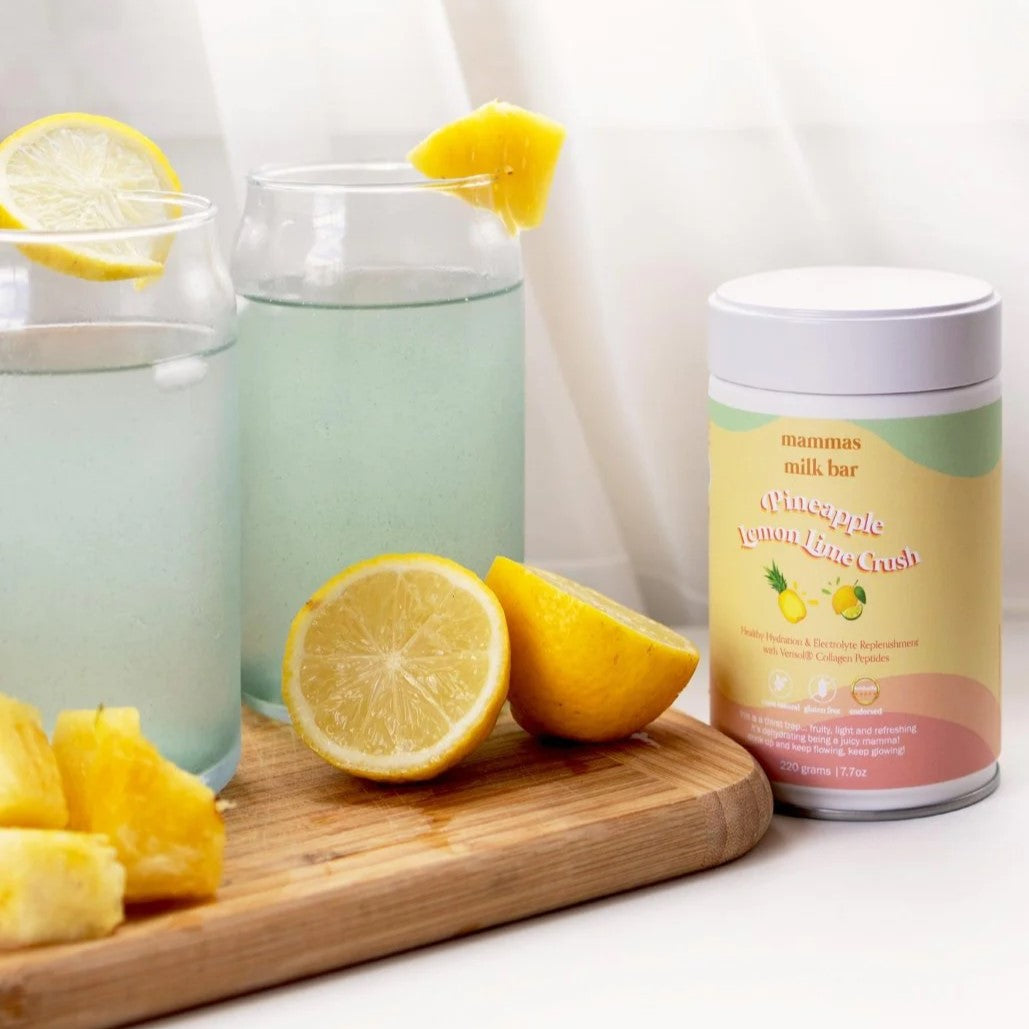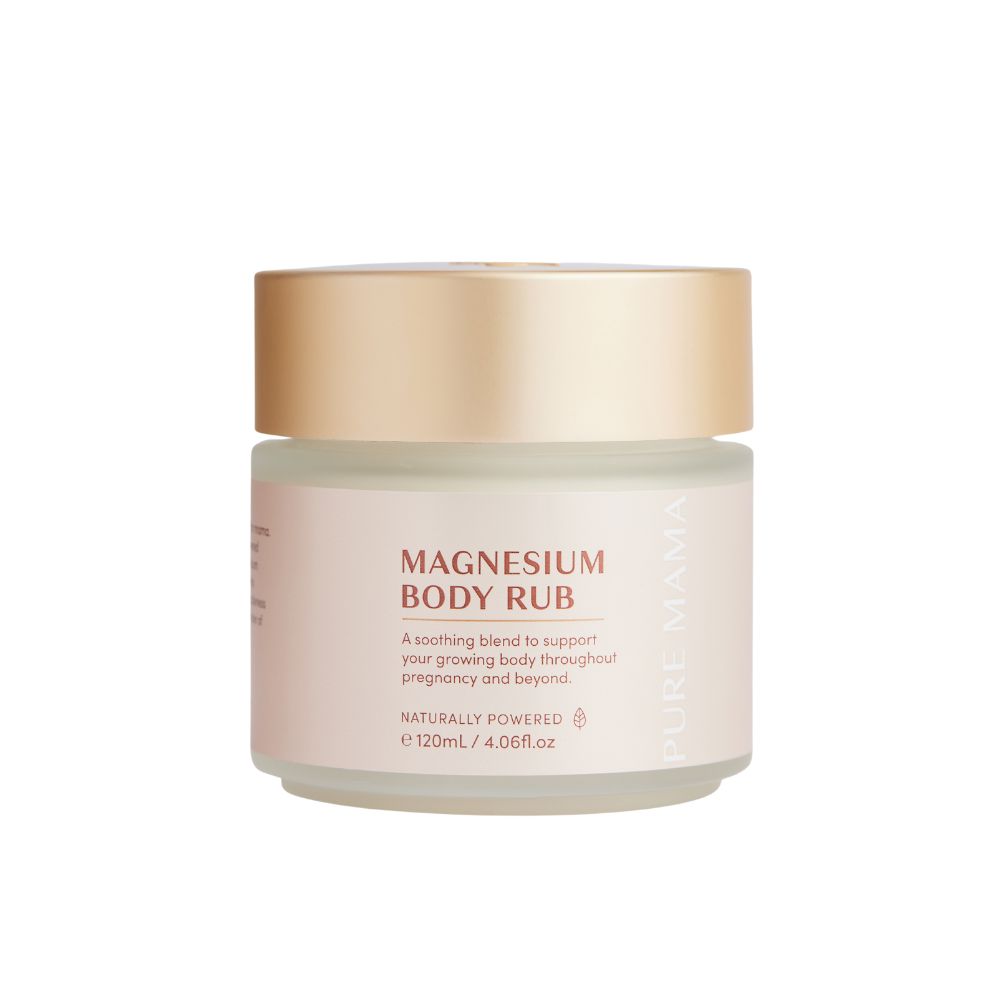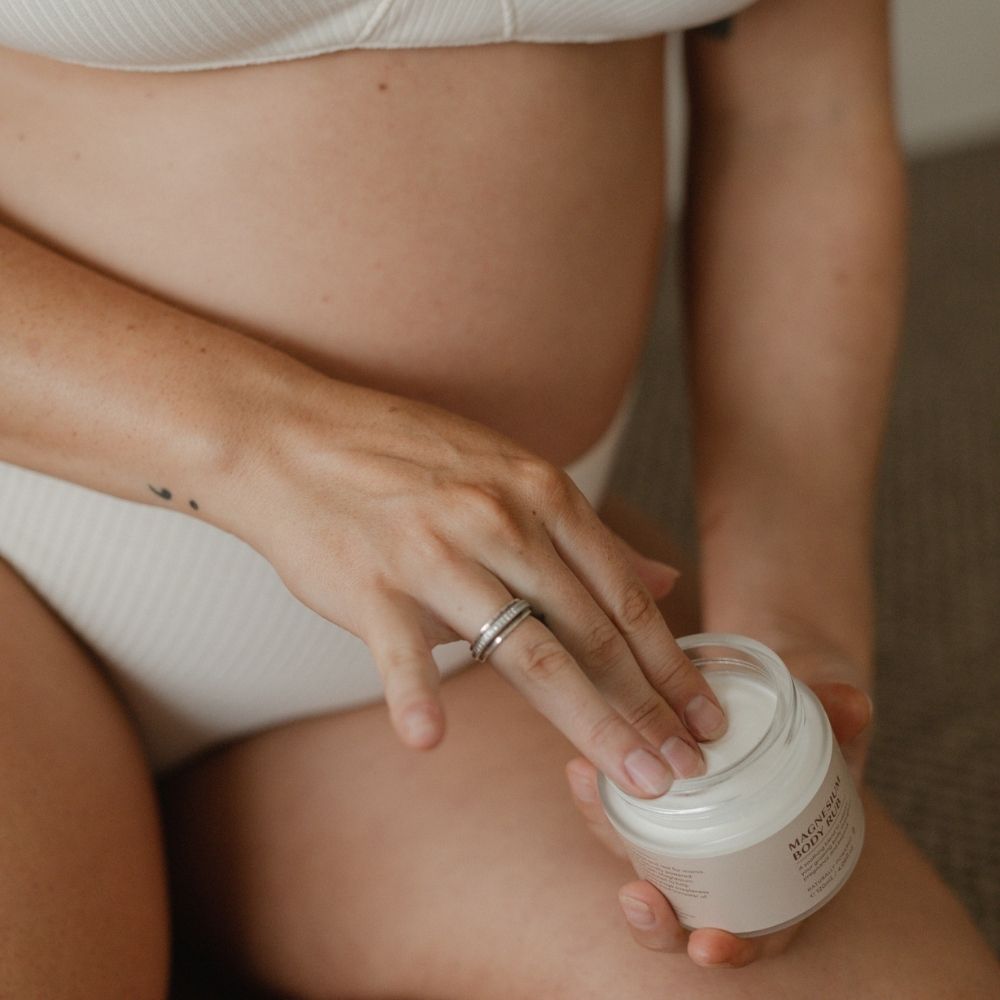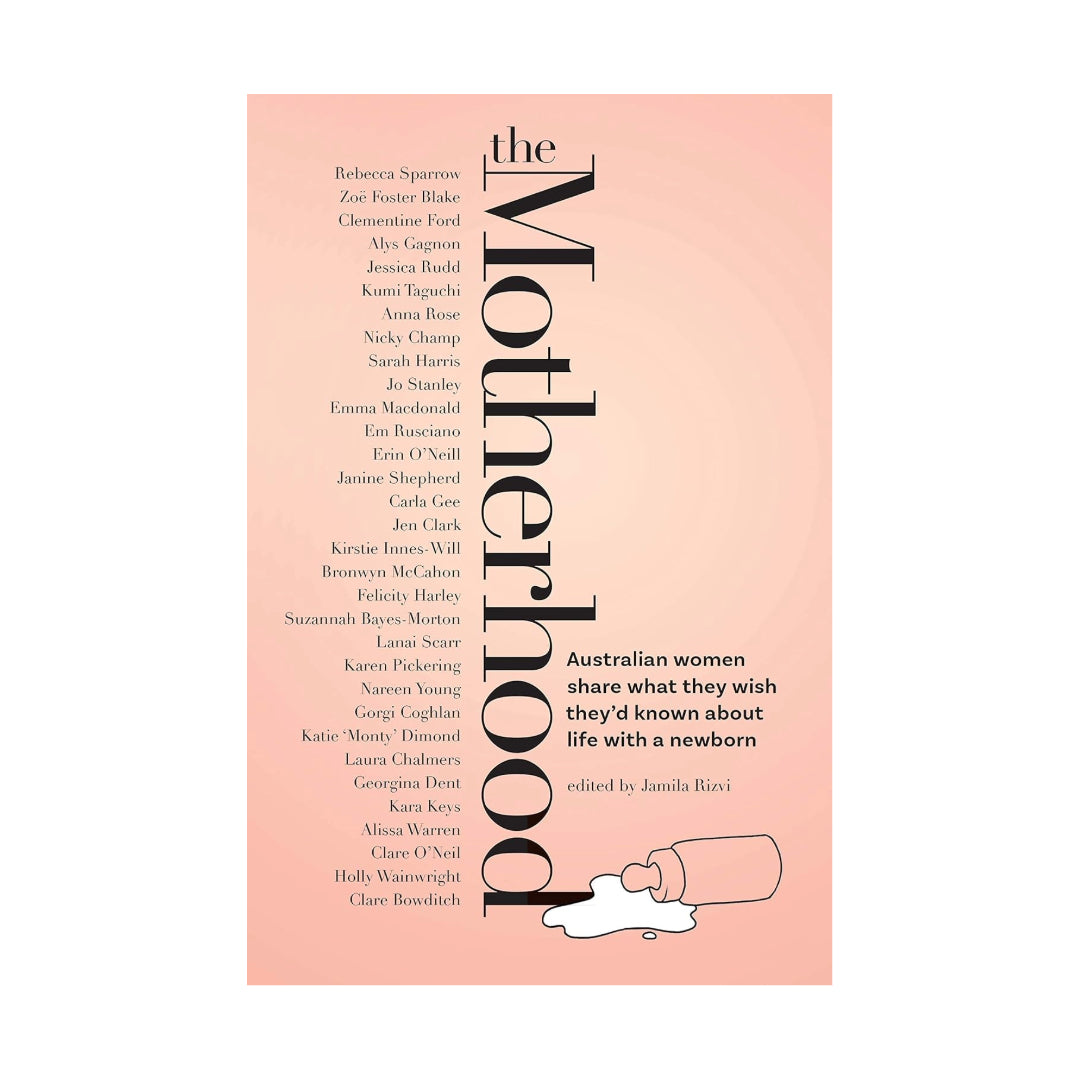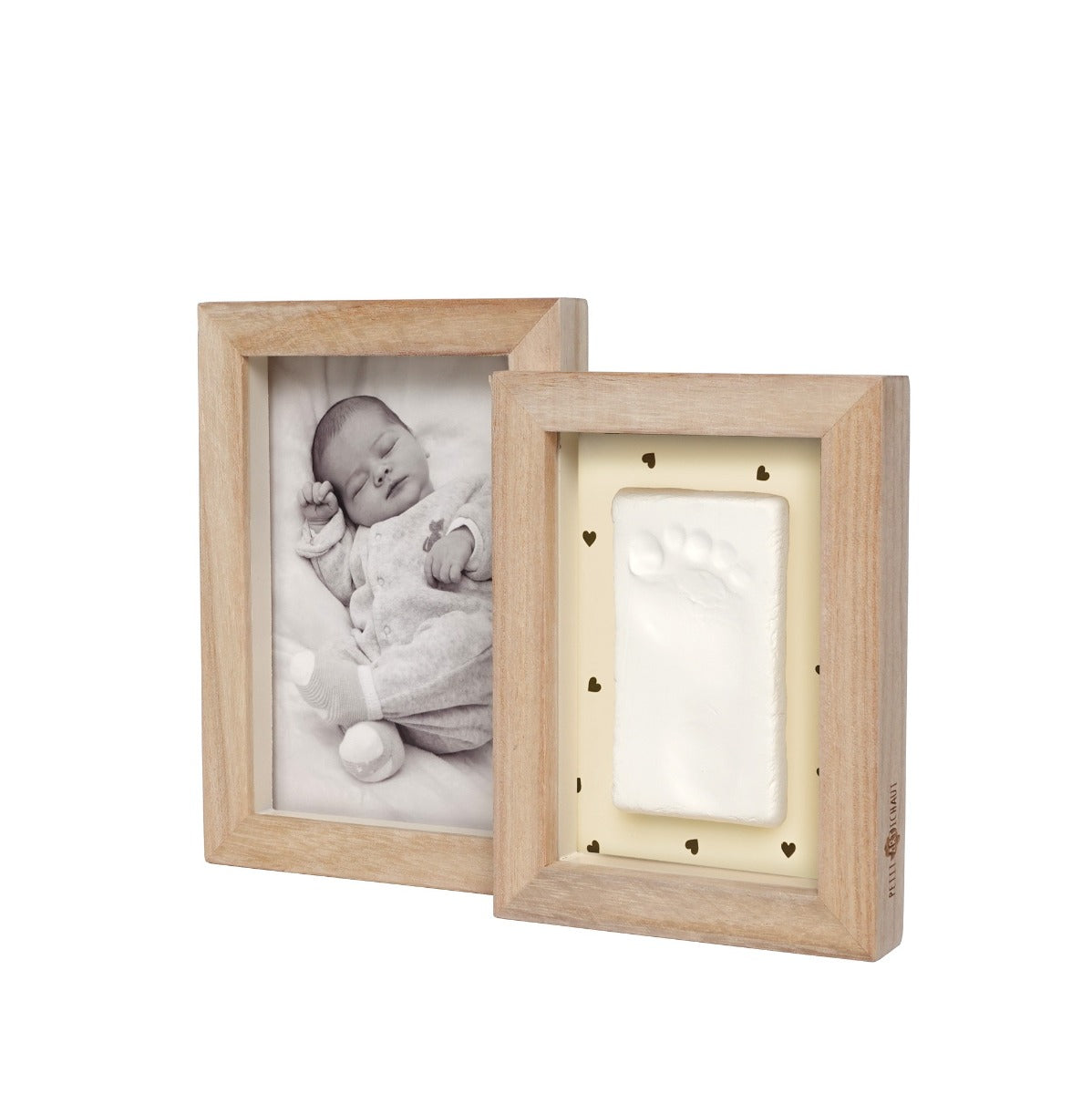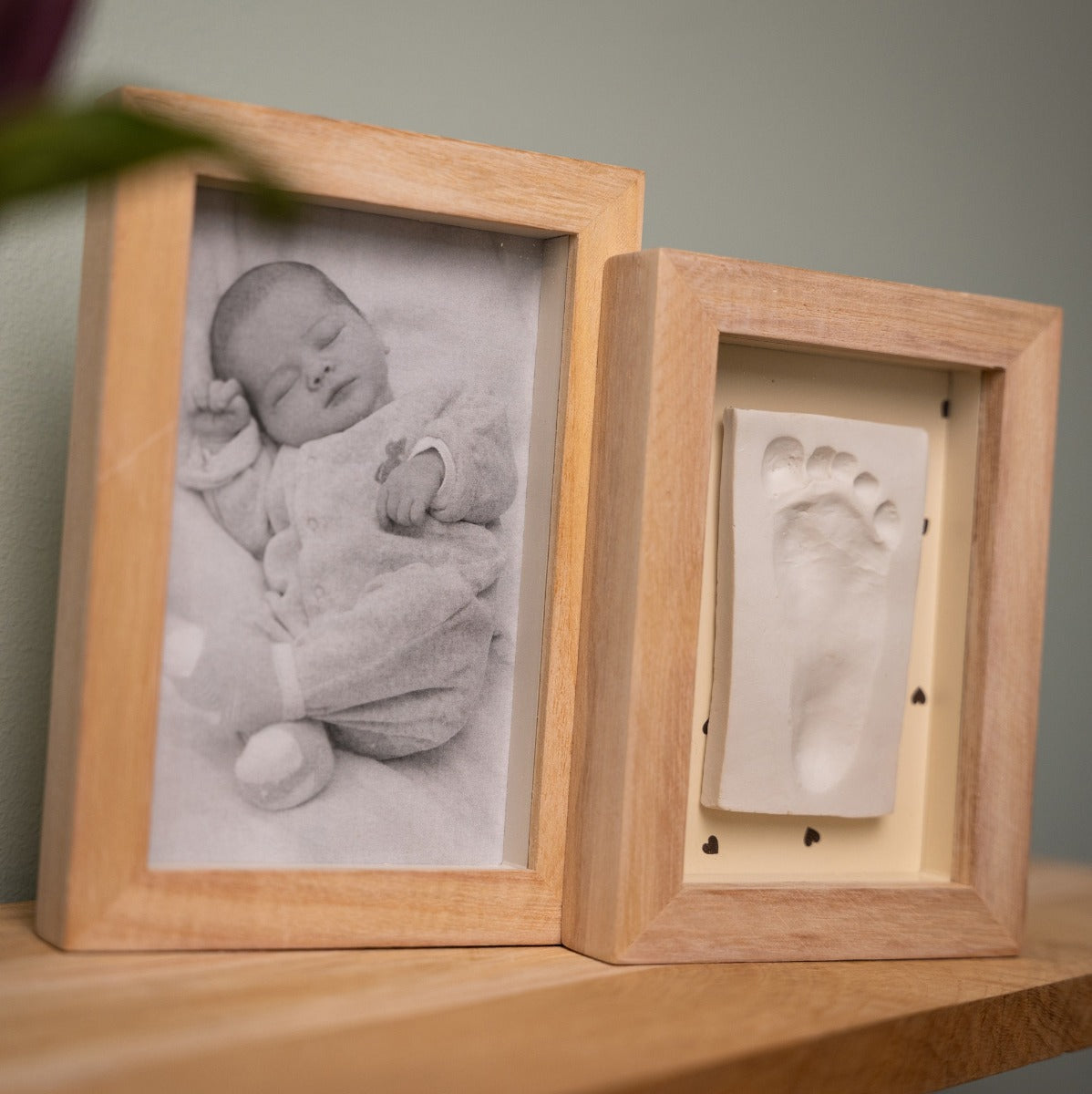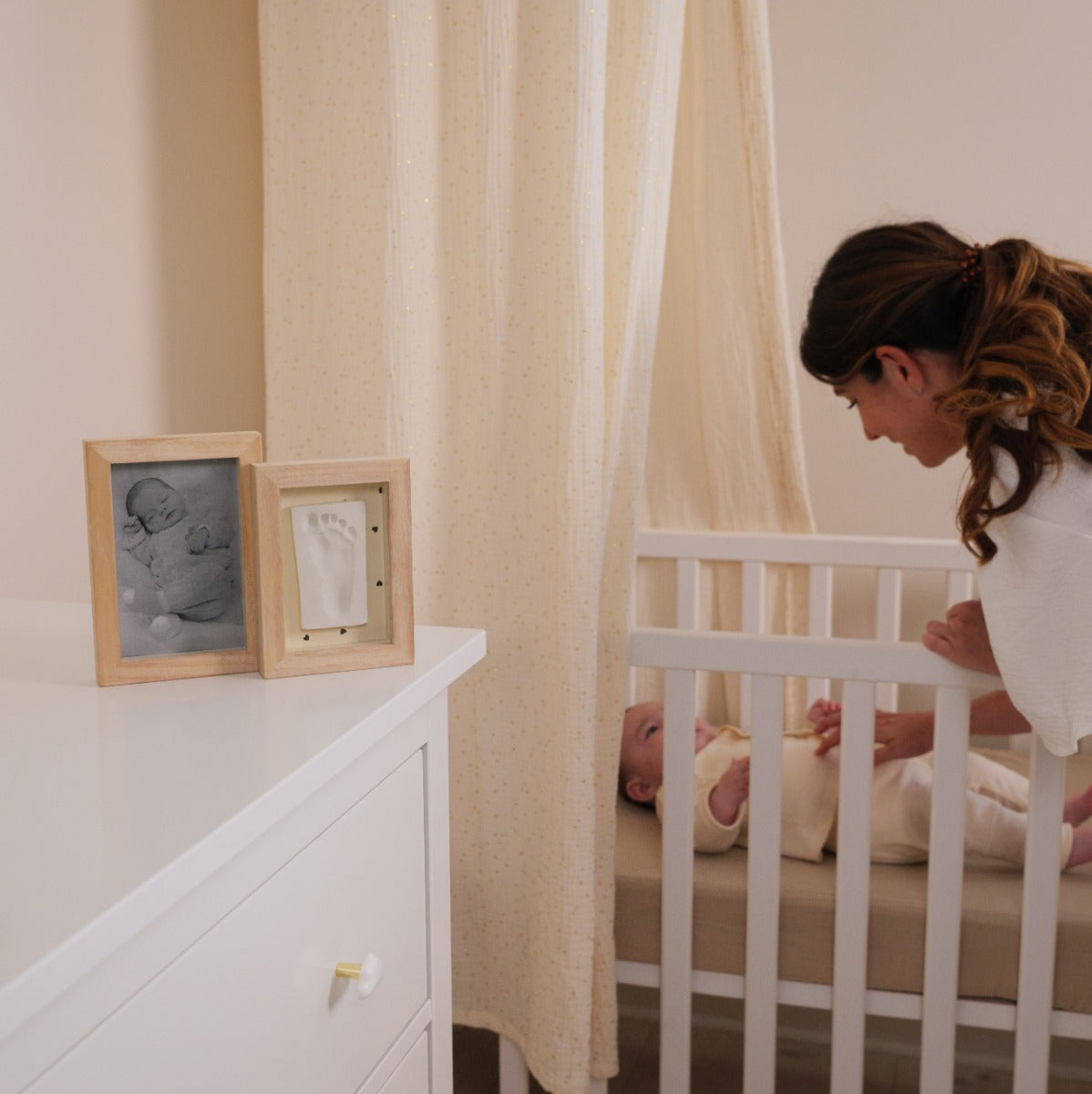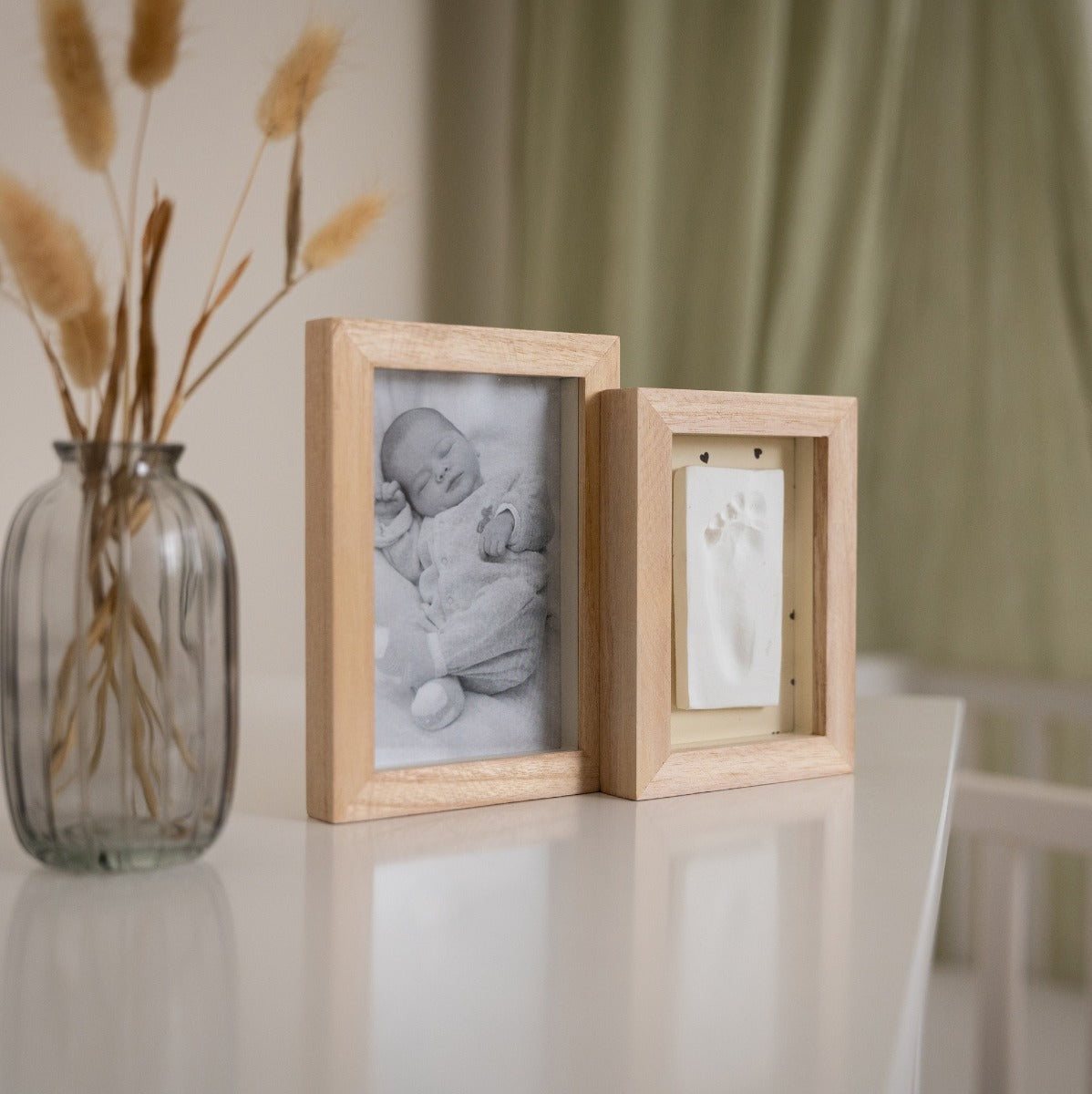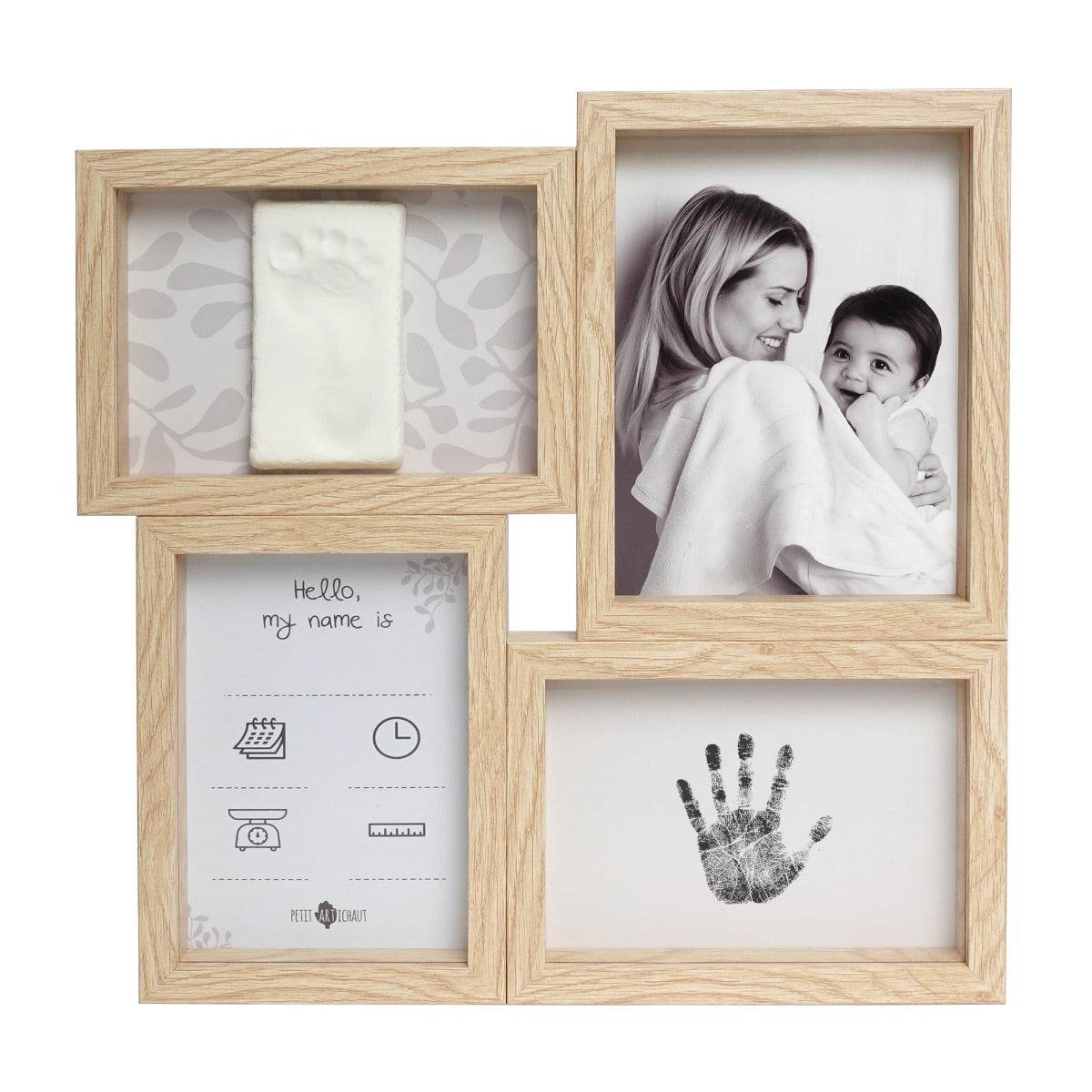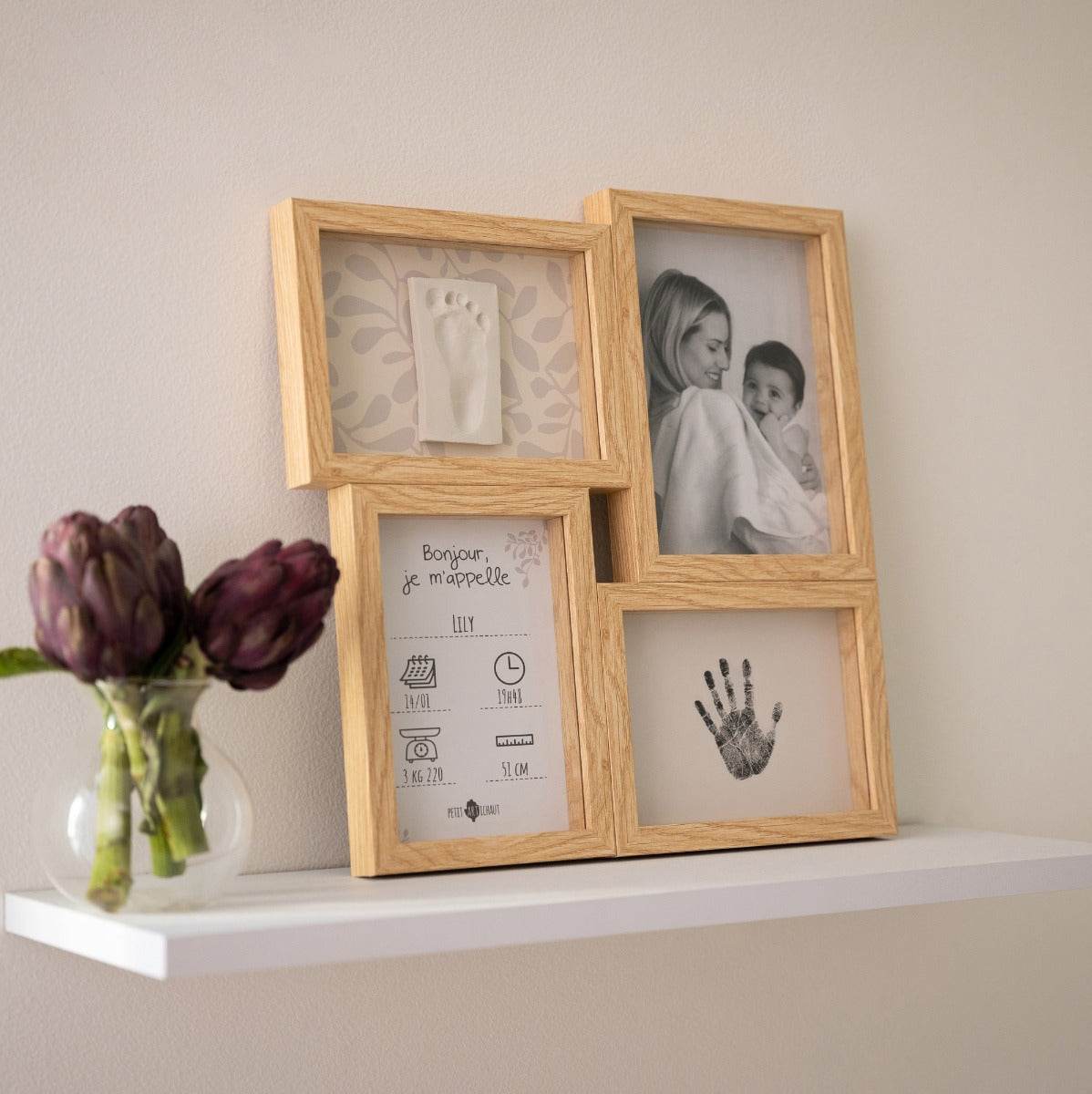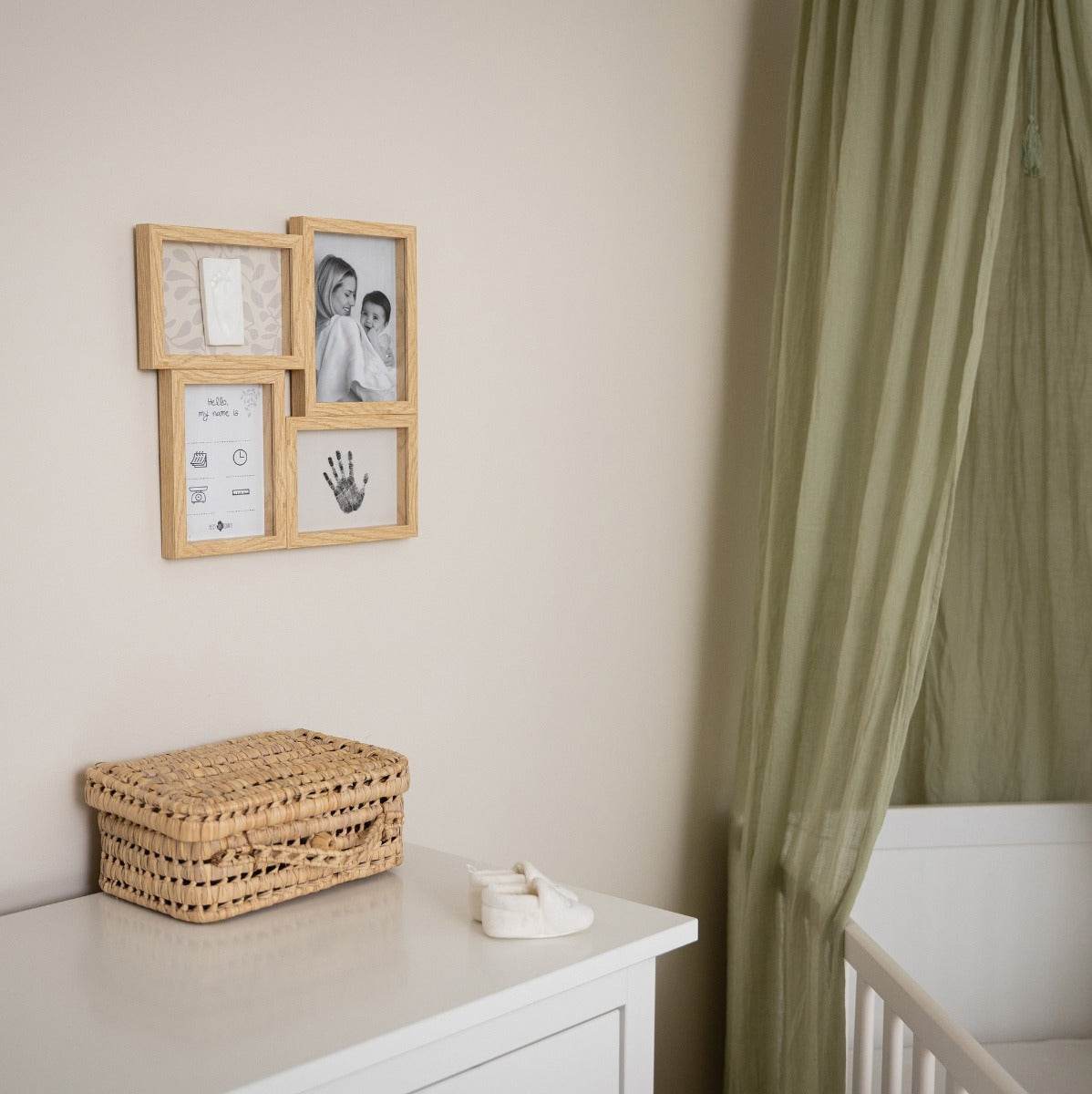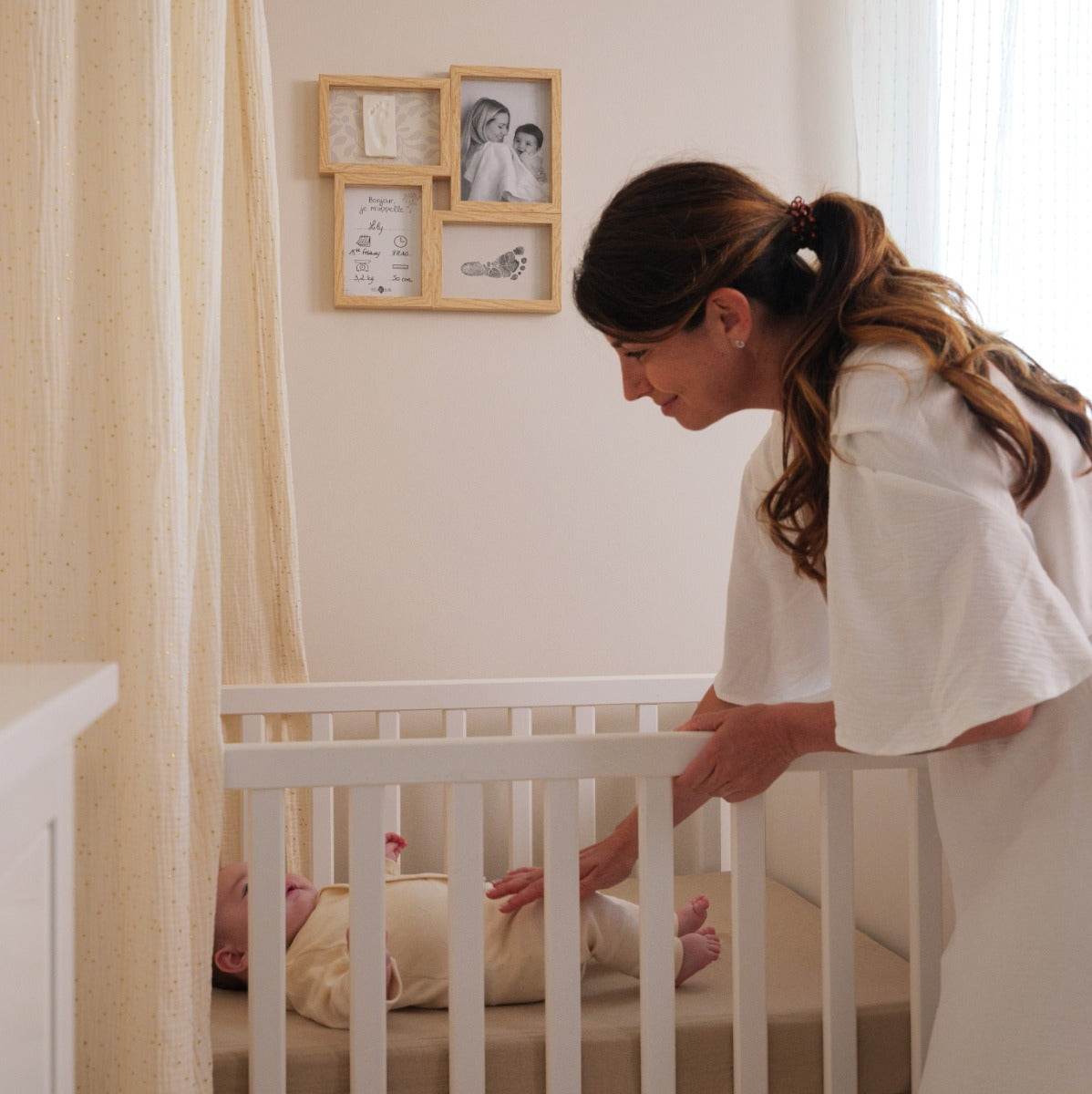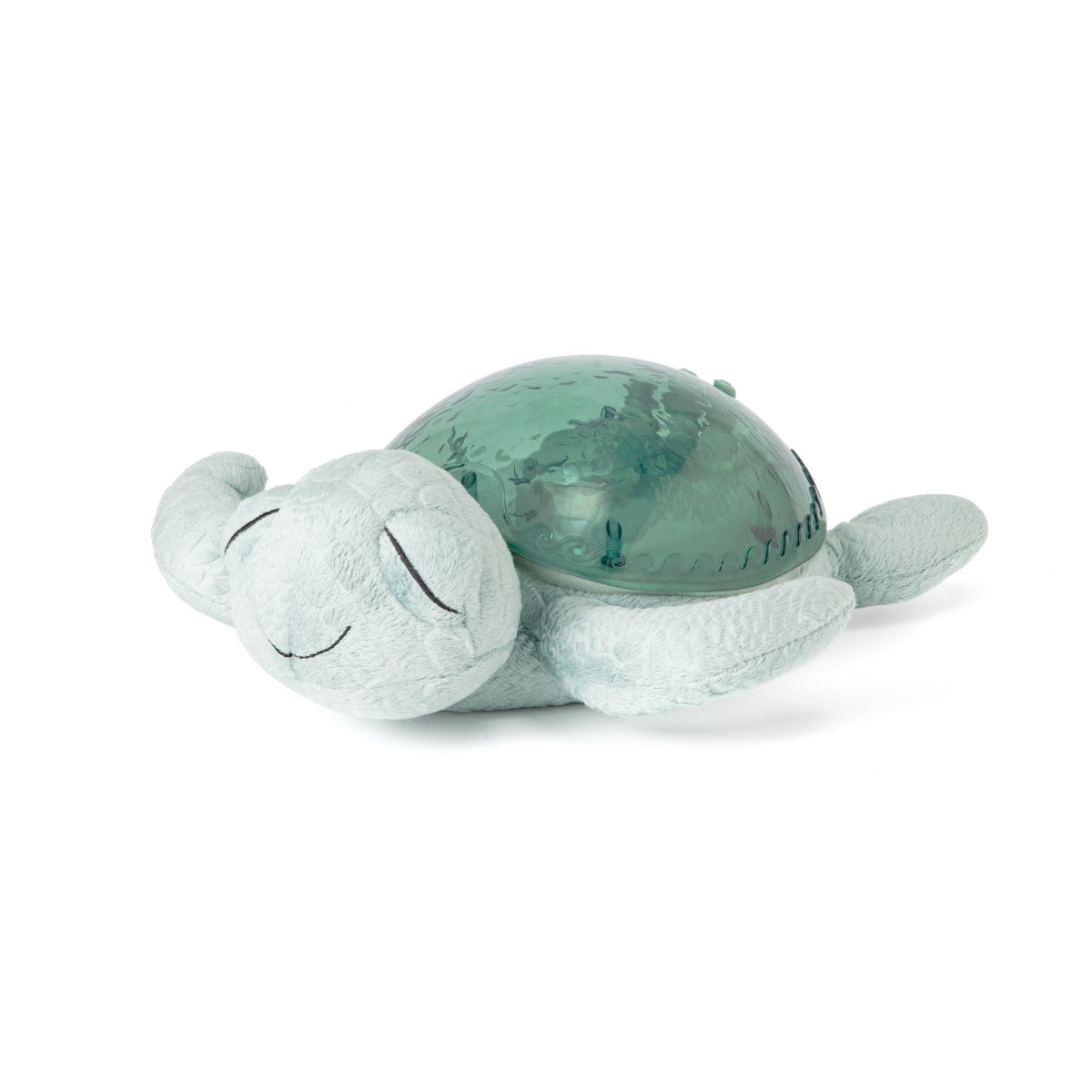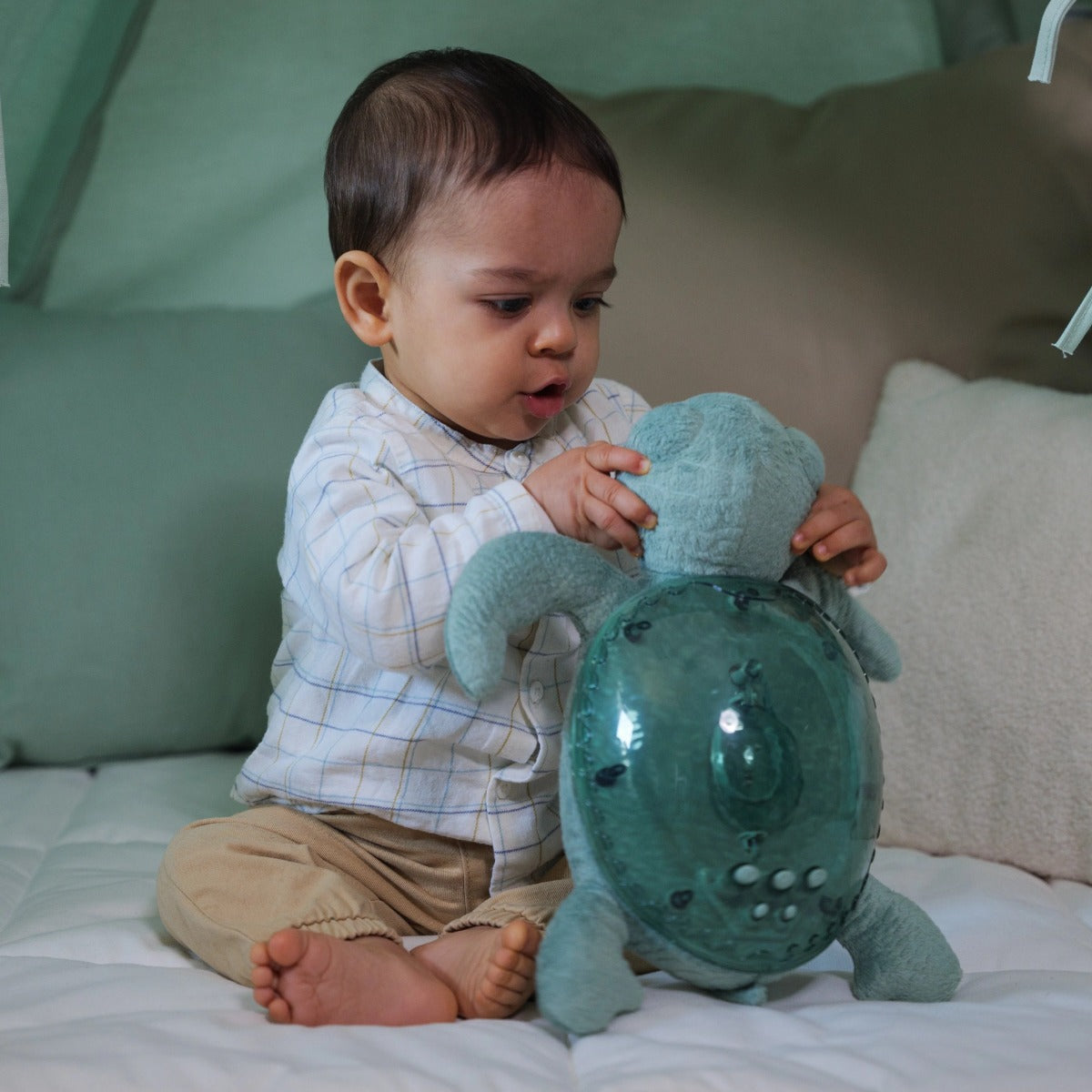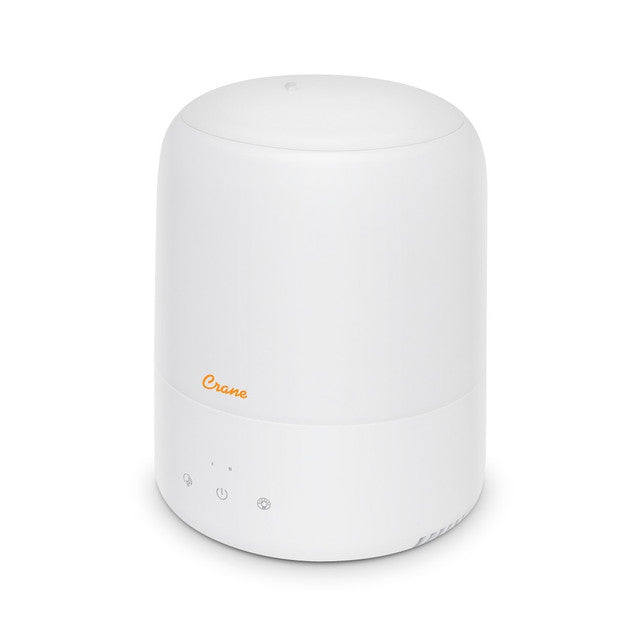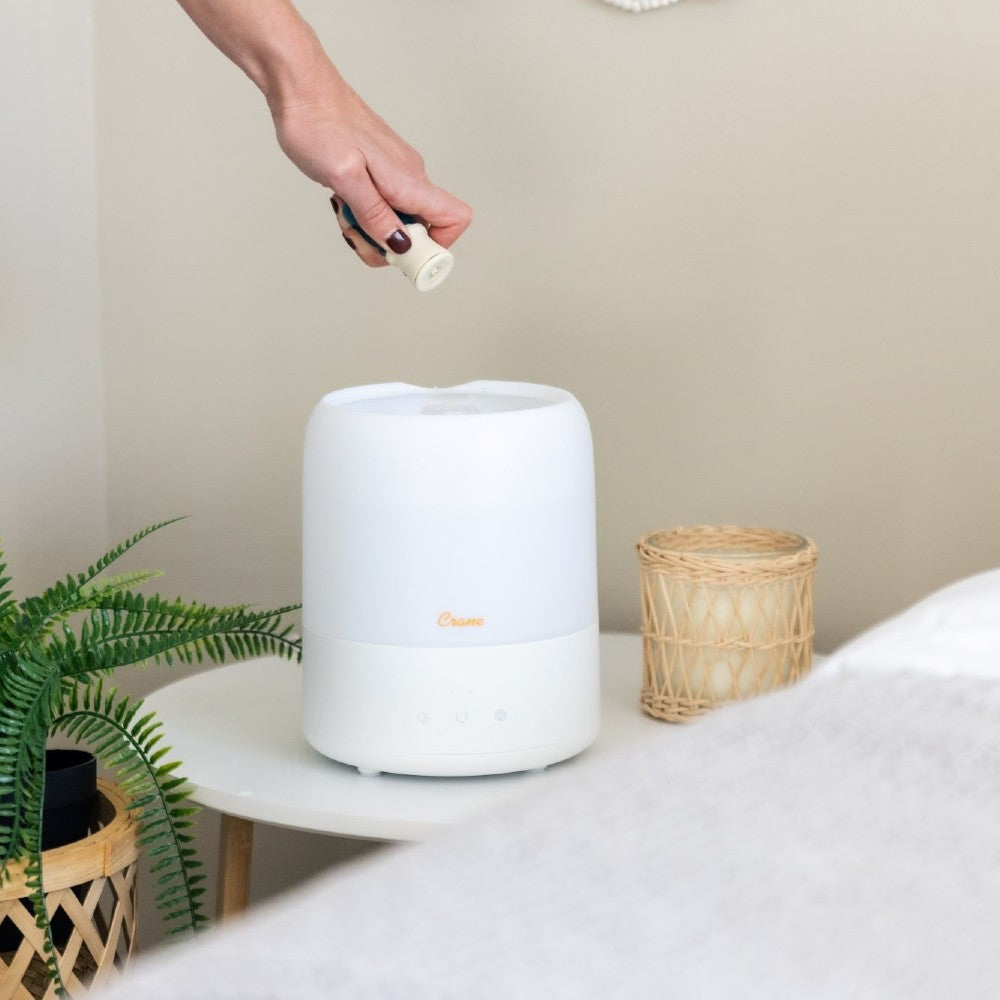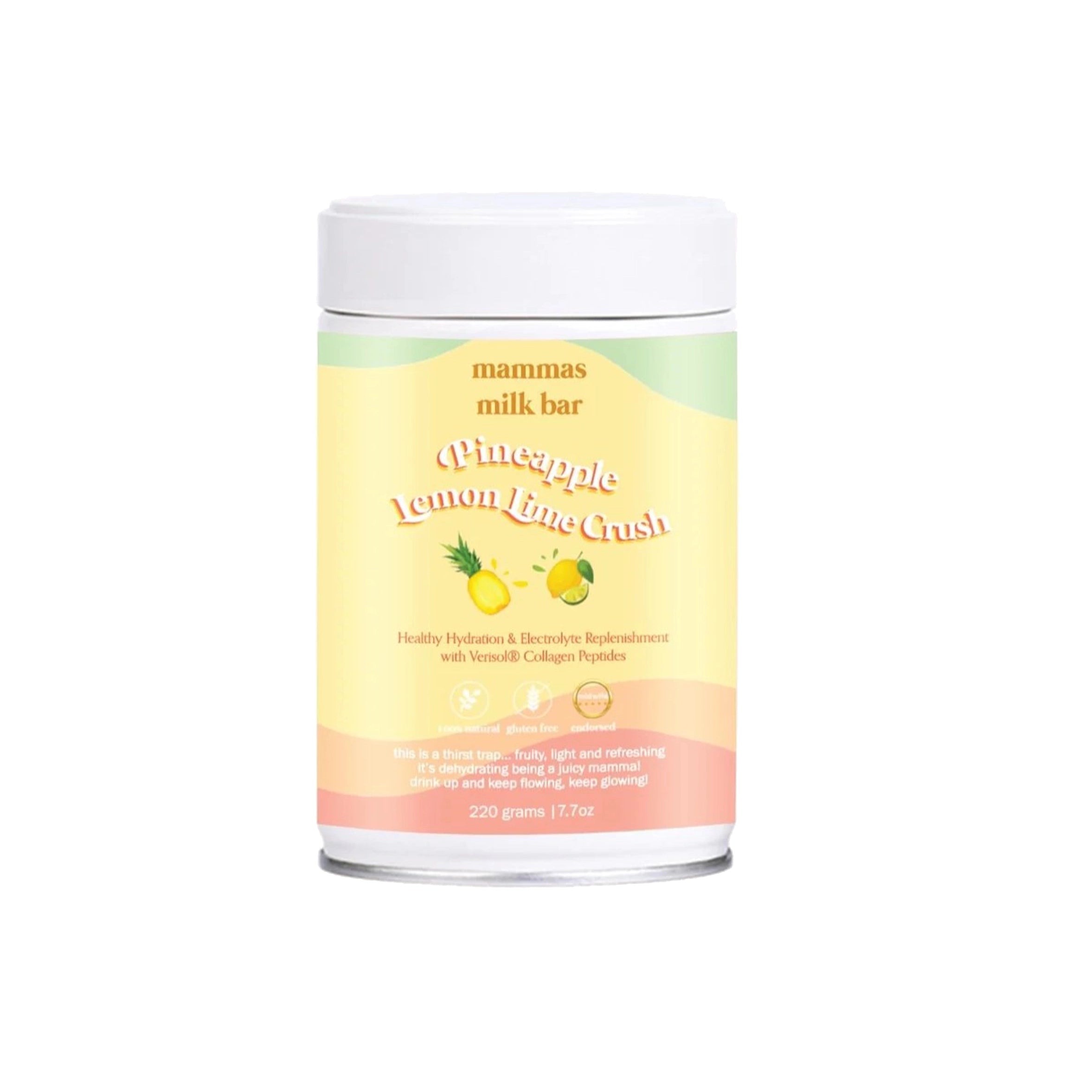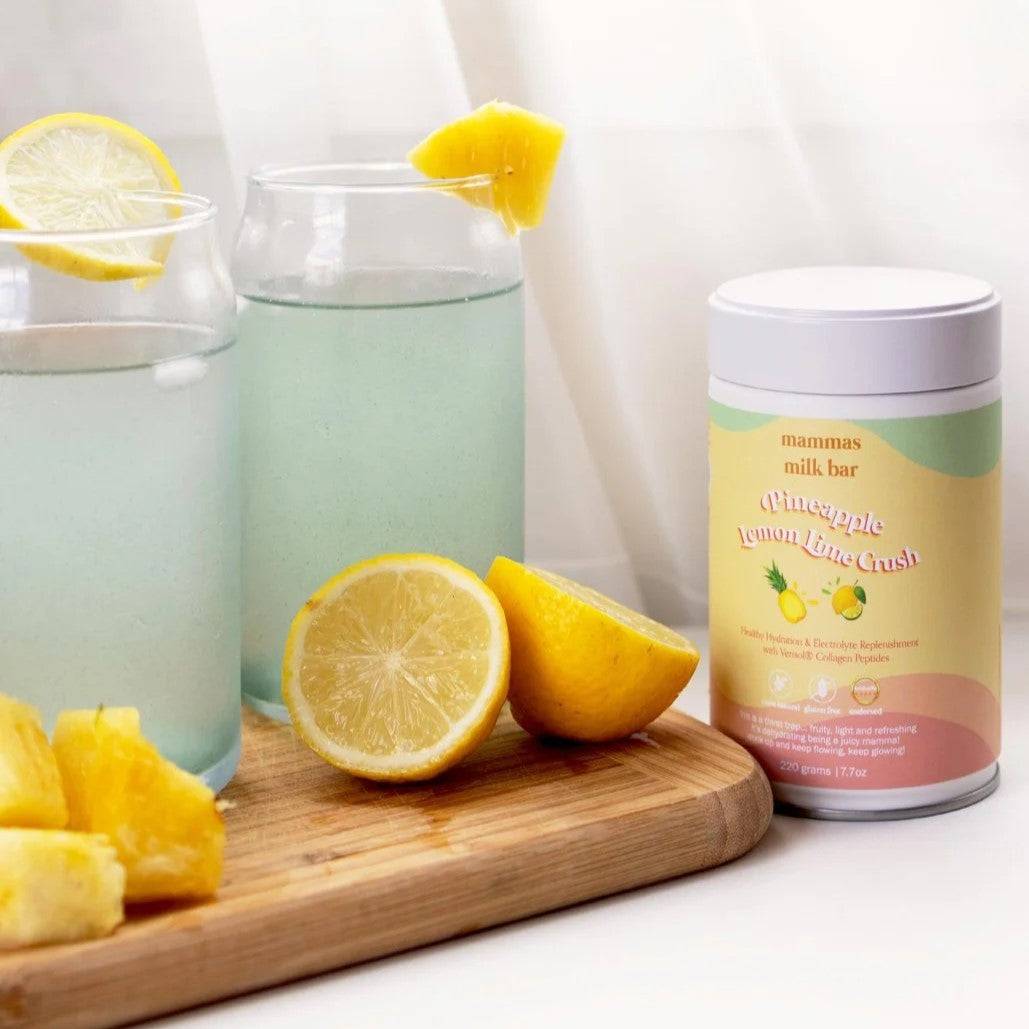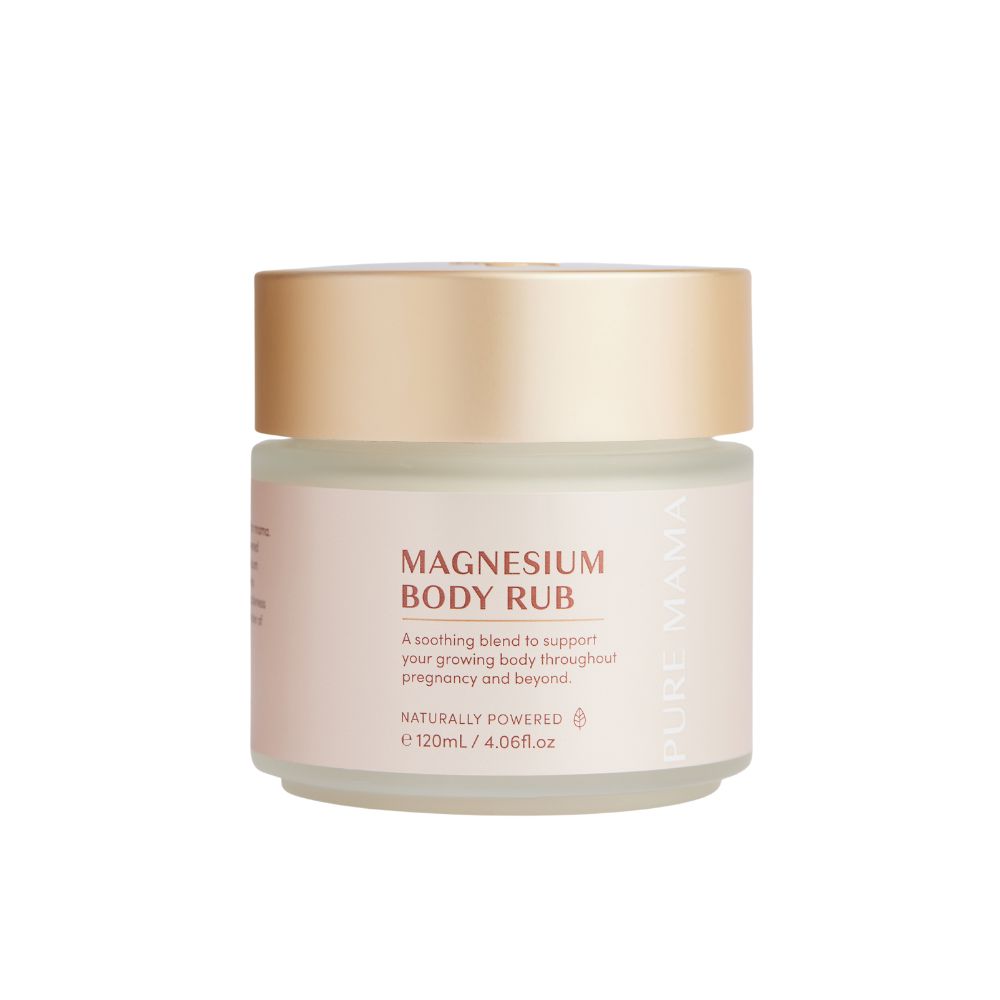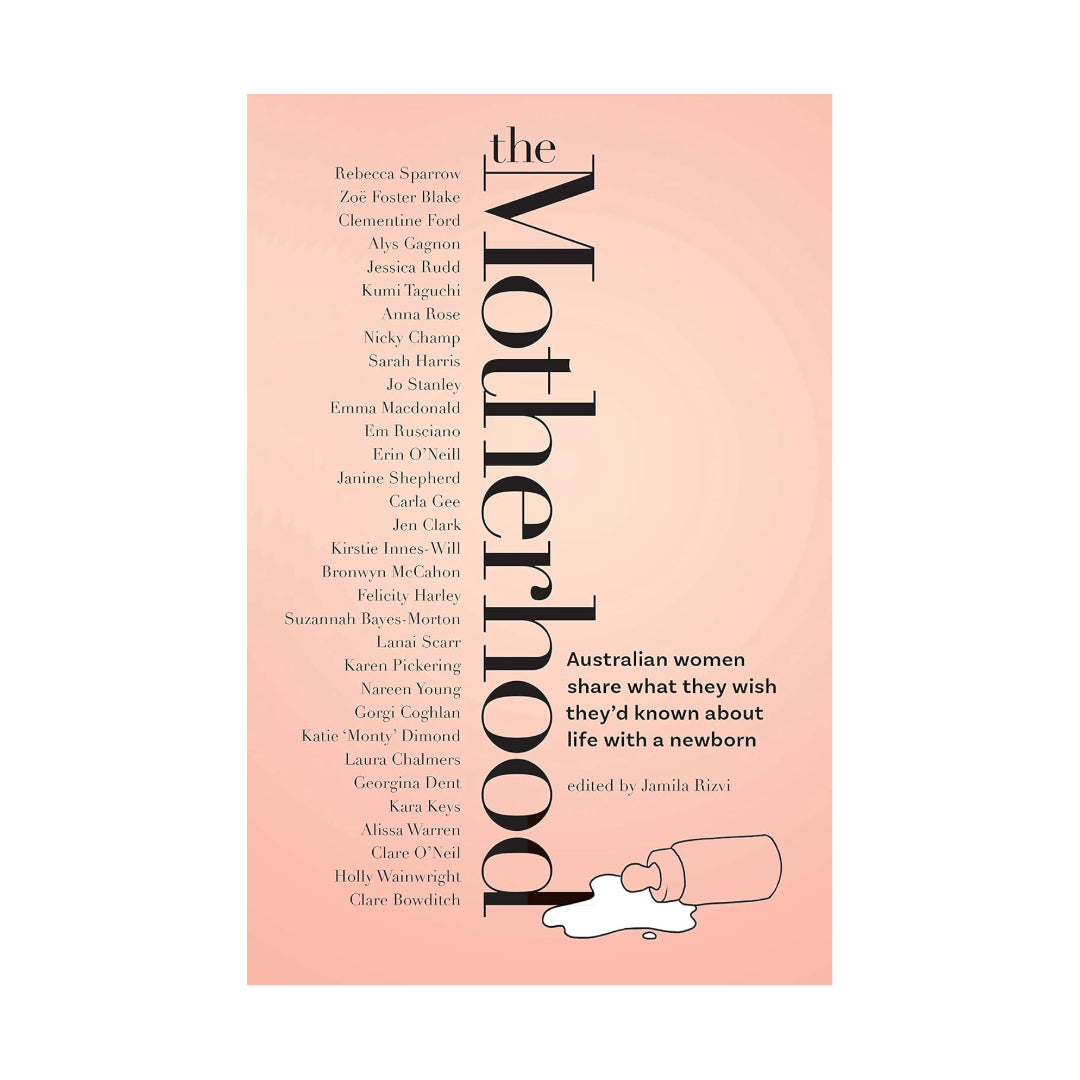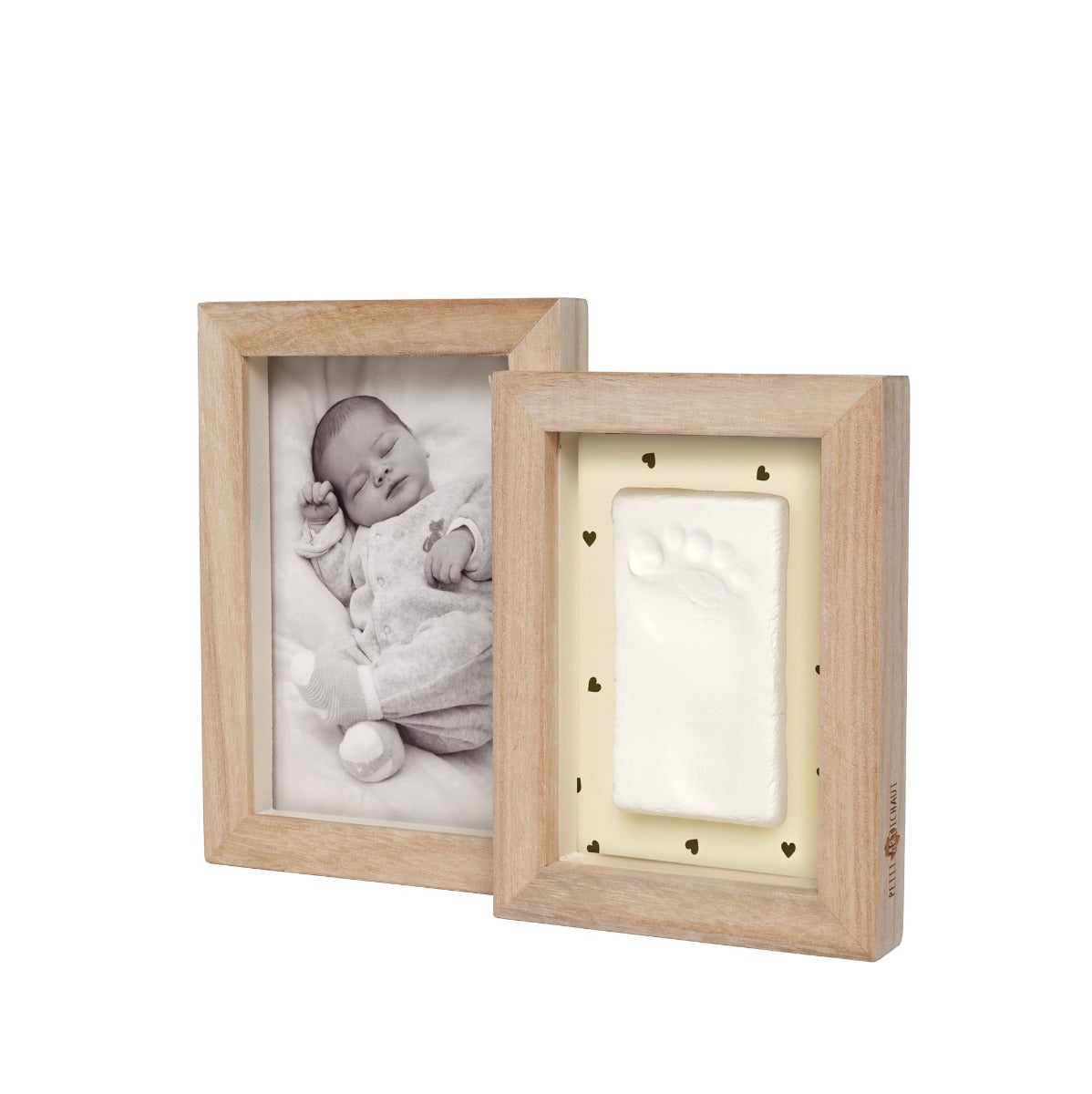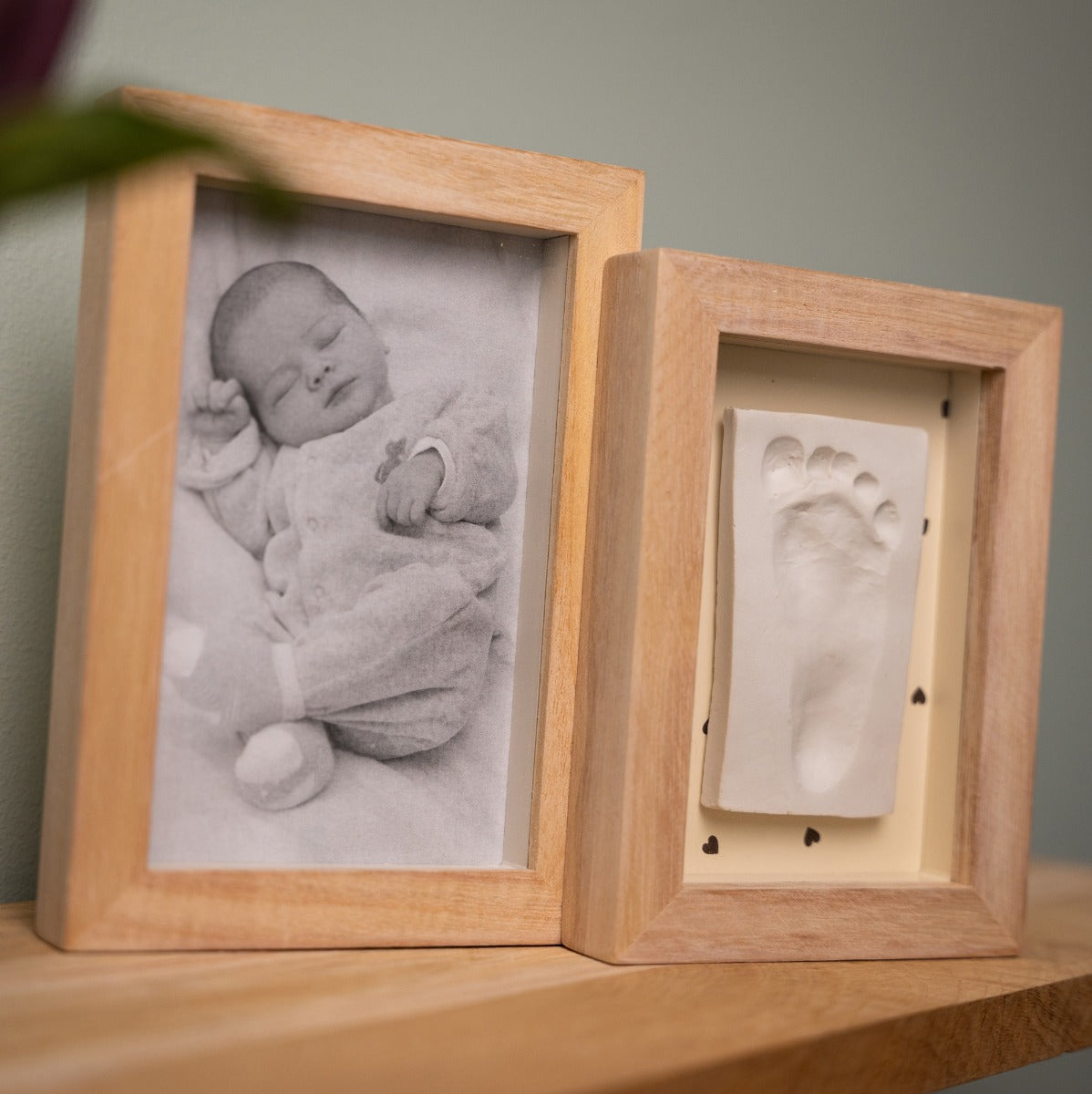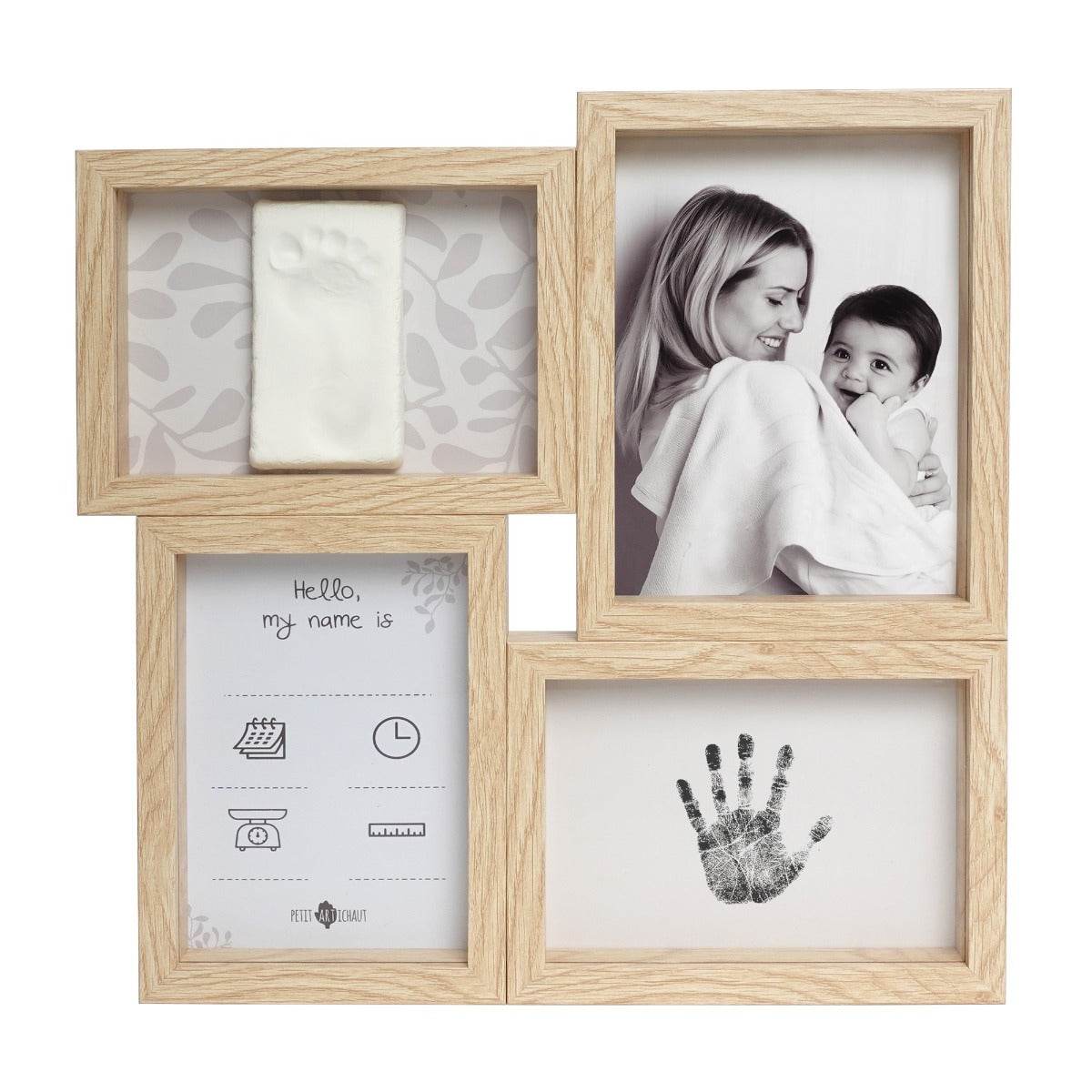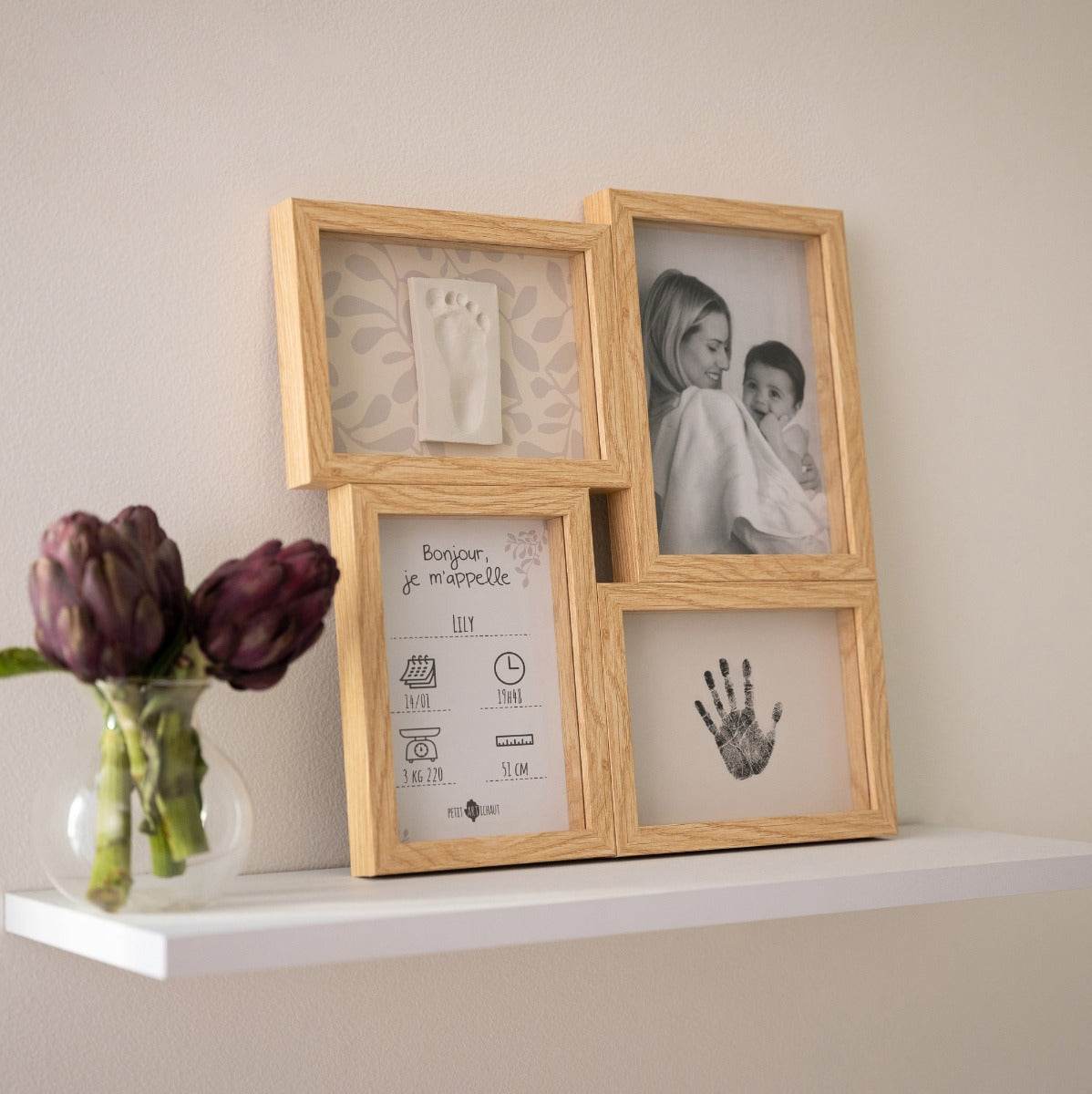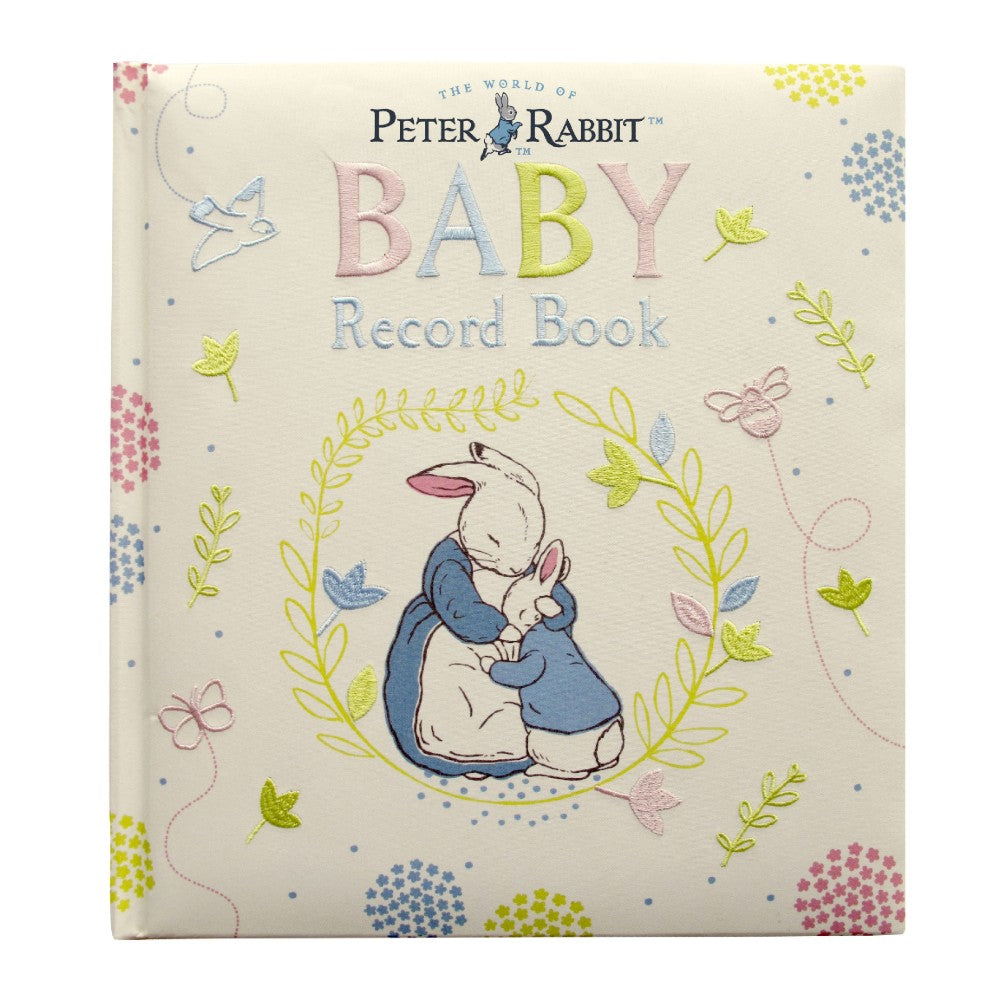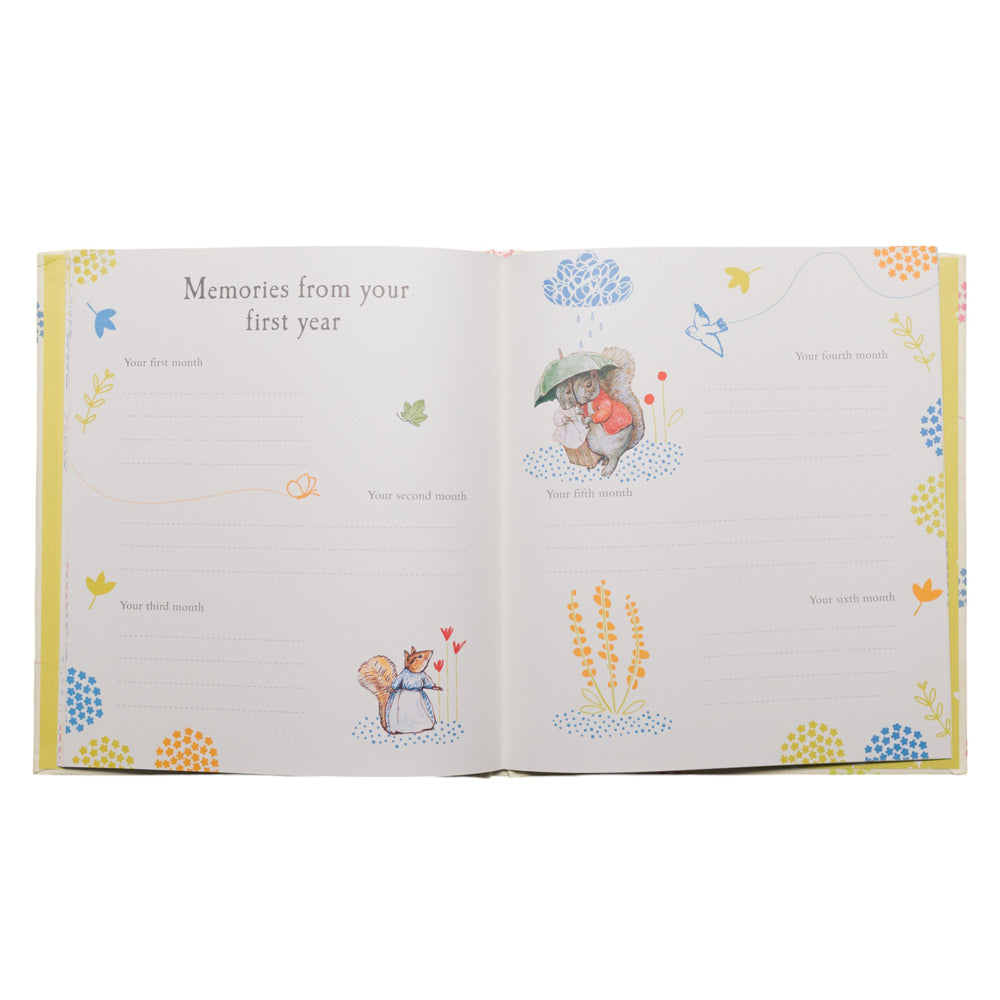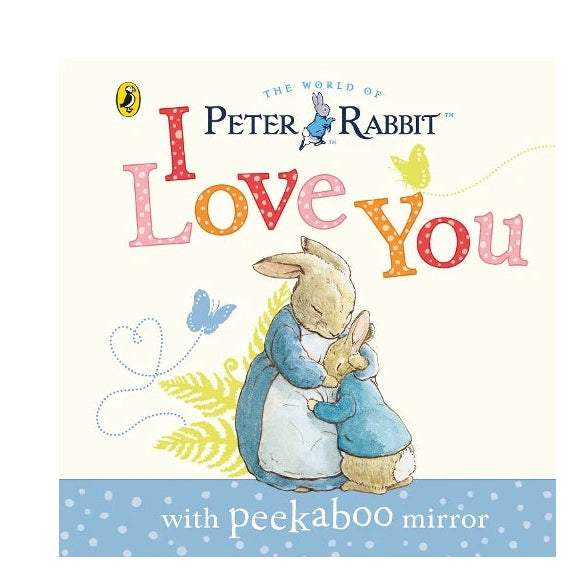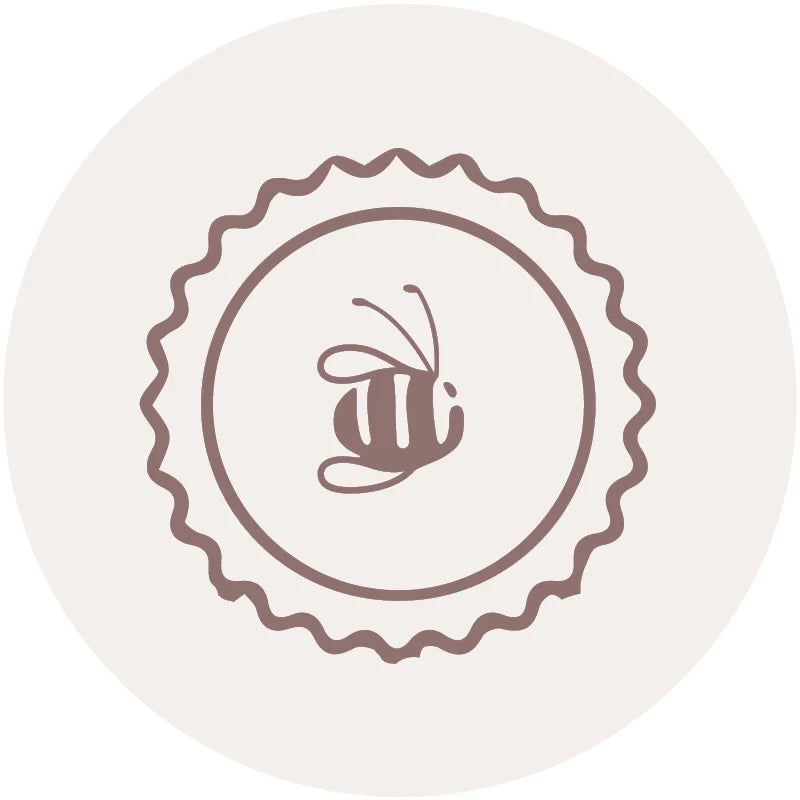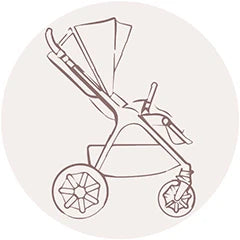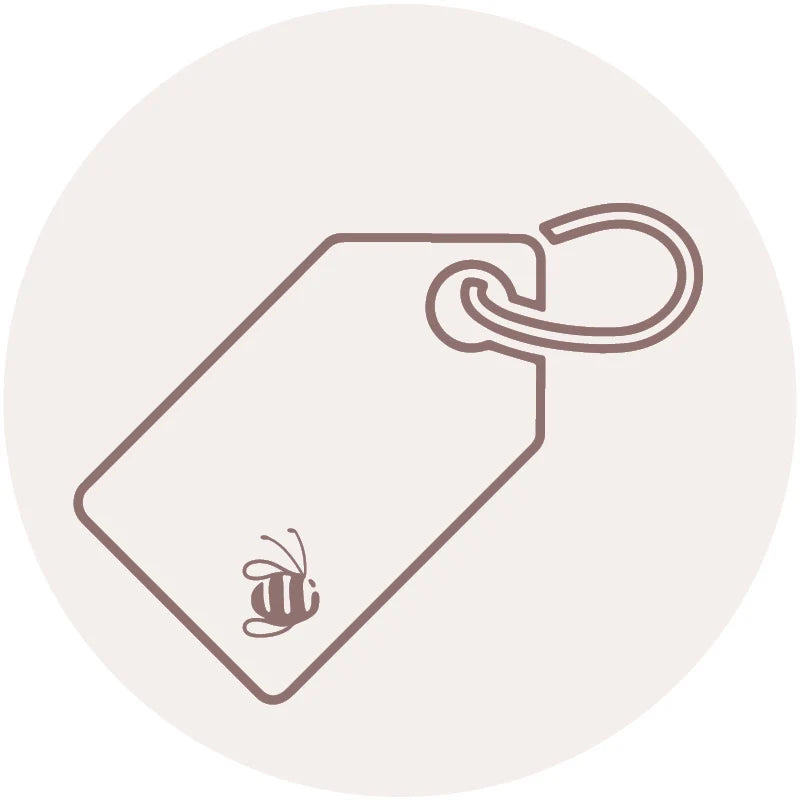The Power of Gratitude
Parenting can be incredibly rewarding – but let’s be honest, it’s also really hard. Becoming a mum changes almost every part of your life: your body, your routine, your social life, even your sense of self. And while dads may not go through the physical toll of pregnancy, birth or breastfeeding, they still feel the effects of broken sleep, lifestyle changes, and the loss of independence.
When you’re deep in the trenches of early parenting, being told to “count your blessings” can feel irritating at best. But frustrating as it is, there’s some truth to it. Research shows that practising gratitude can genuinely boost your mental health – and even shift the way your brain works.
The power of positive language
You can’t just switch on feelings of gratitude like a light. Emotions don’t work that way. But you can start building habits that encourage a more grateful mindset.
A study from the University of Indiana found that writing about things you feel thankful for – even small ones – can help rewire your thinking over time. Focusing on positive words and thoughts, whether through journaling or writing gratitude letters, helps nudge the brain away from negativity and towards contentment.
If you’ve got time, jotting down a few lines in a journal can be helpful. But even if you’re juggling a million things, you can still give it a go – a scribbled post-it, a chalkboard note, or adding to a family gratitude jar are all simple ways to start. Some parents even use social media as their own mini gratitude log.
Whatever method works for you, the key is to do it regularly. Over time, it really can make a difference.
Gratitude takes practice
People who practise gratitude tend to cope better with stress, feel more optimistic, and have greater self-esteem. That said, it’s probably not the gratitude alone that makes life feel easier – it’s the long-term shift in how they view the world.
Gratitude isn’t a magic fix. The change happens slowly, as your brain gets used to noticing and appreciating the good. By practising now, even in small ways, you may find you’re better able to enjoy the everyday moments later on.
That said, if you’re feeling low for an extended period, or struggling with sadness or anxiety, it’s important to reach out. A gratitude journal is lovely, but it’s not a substitute for professional help. Talk to your midwife or GP – they’re there to support you.
Give it a try
Gratitude doesn’t have to be another thing on your already long to-do list. And there’ll definitely be days where you won’t feel remotely thankful for the mountain of laundry or a toddler’s meltdown.
But on the days you can, take a moment – maybe when they’re finally asleep – to notice what you do feel grateful for. It might just make the ride a little smoother.


